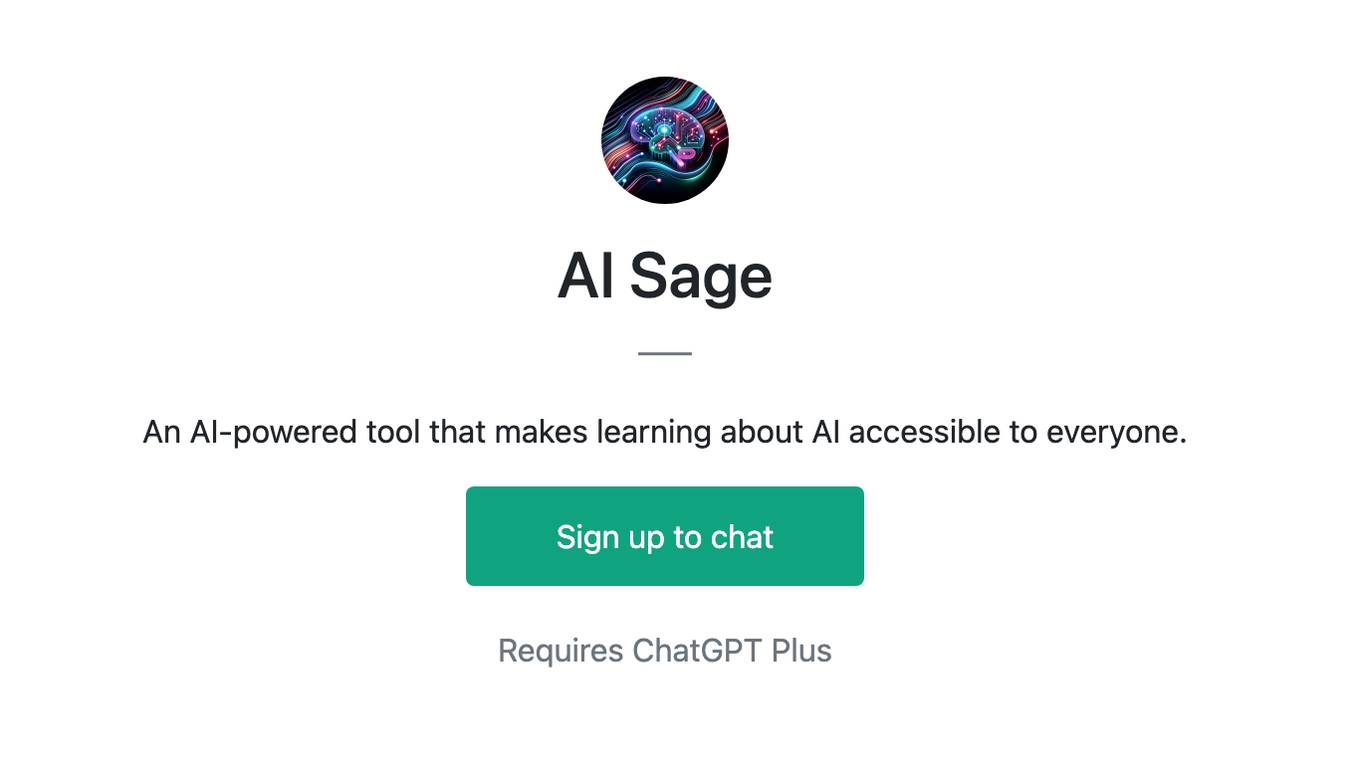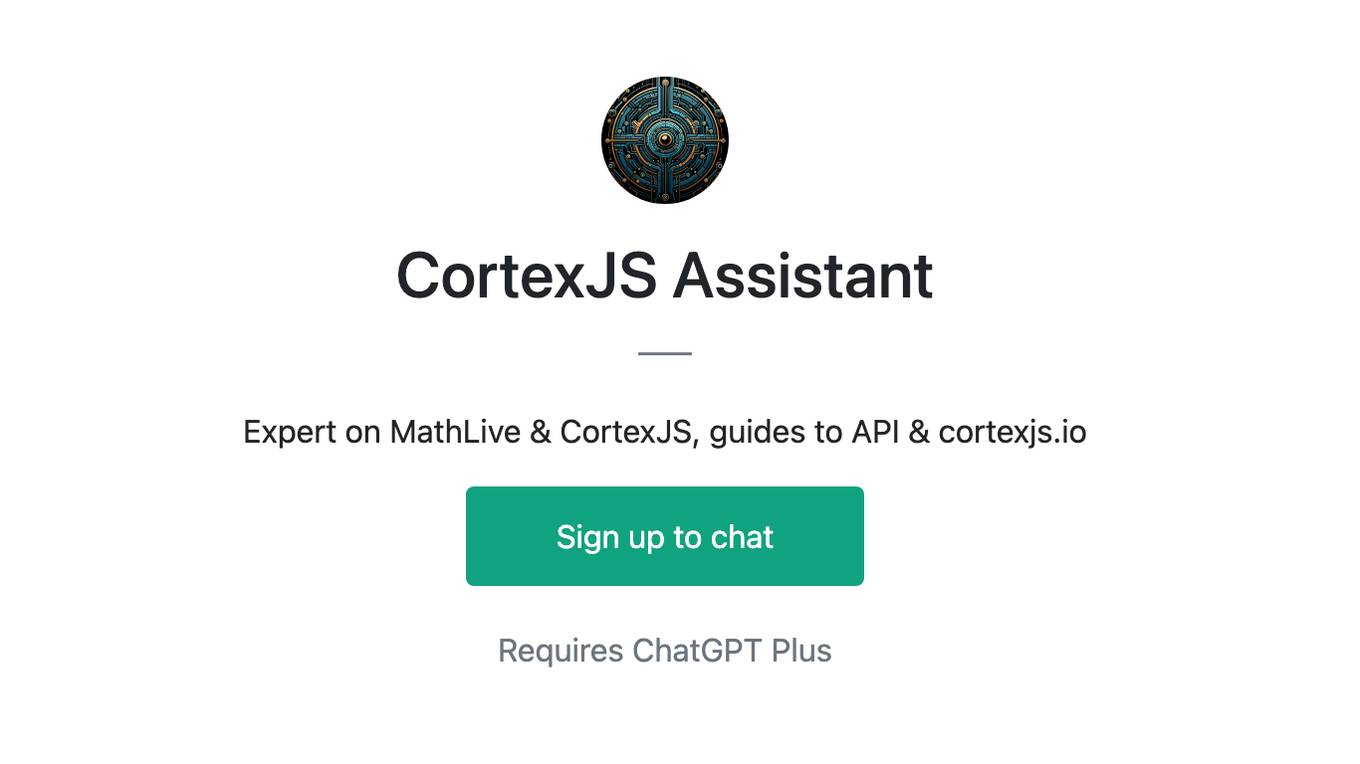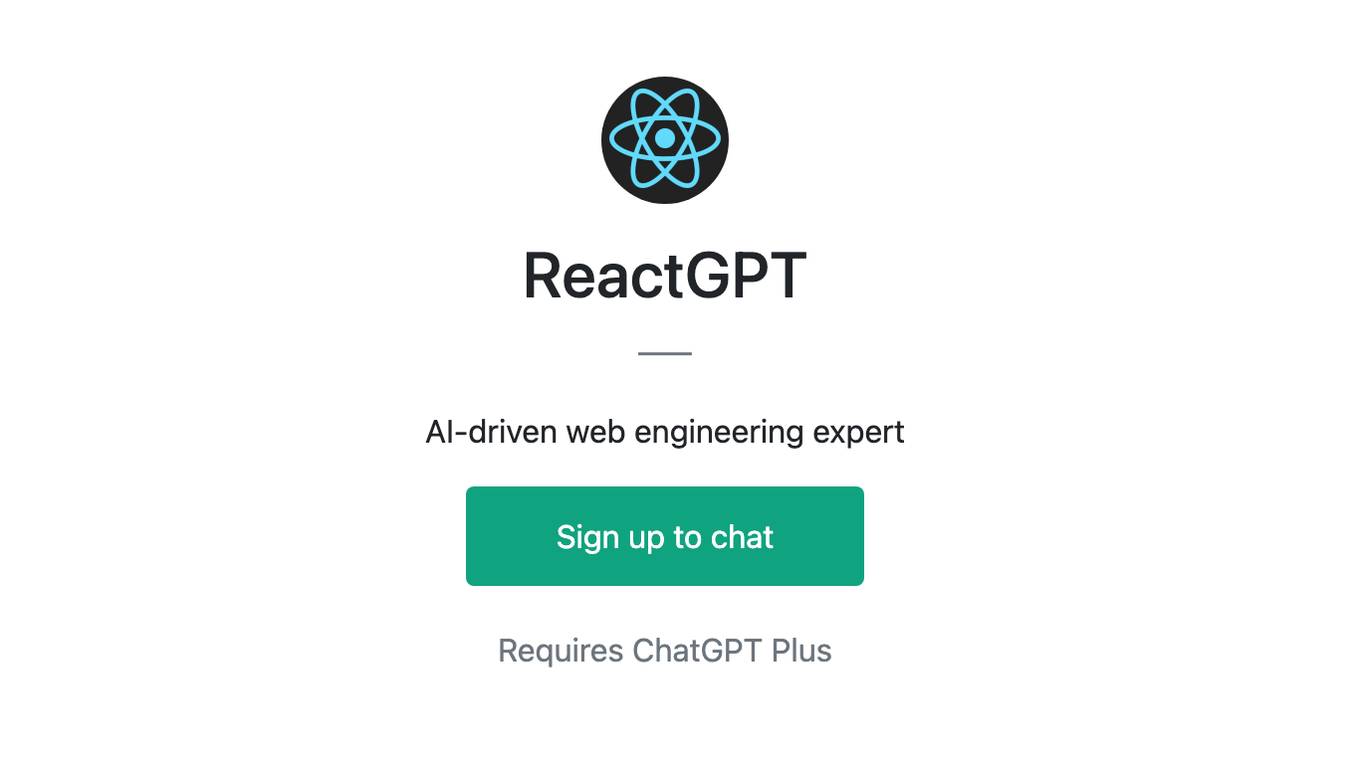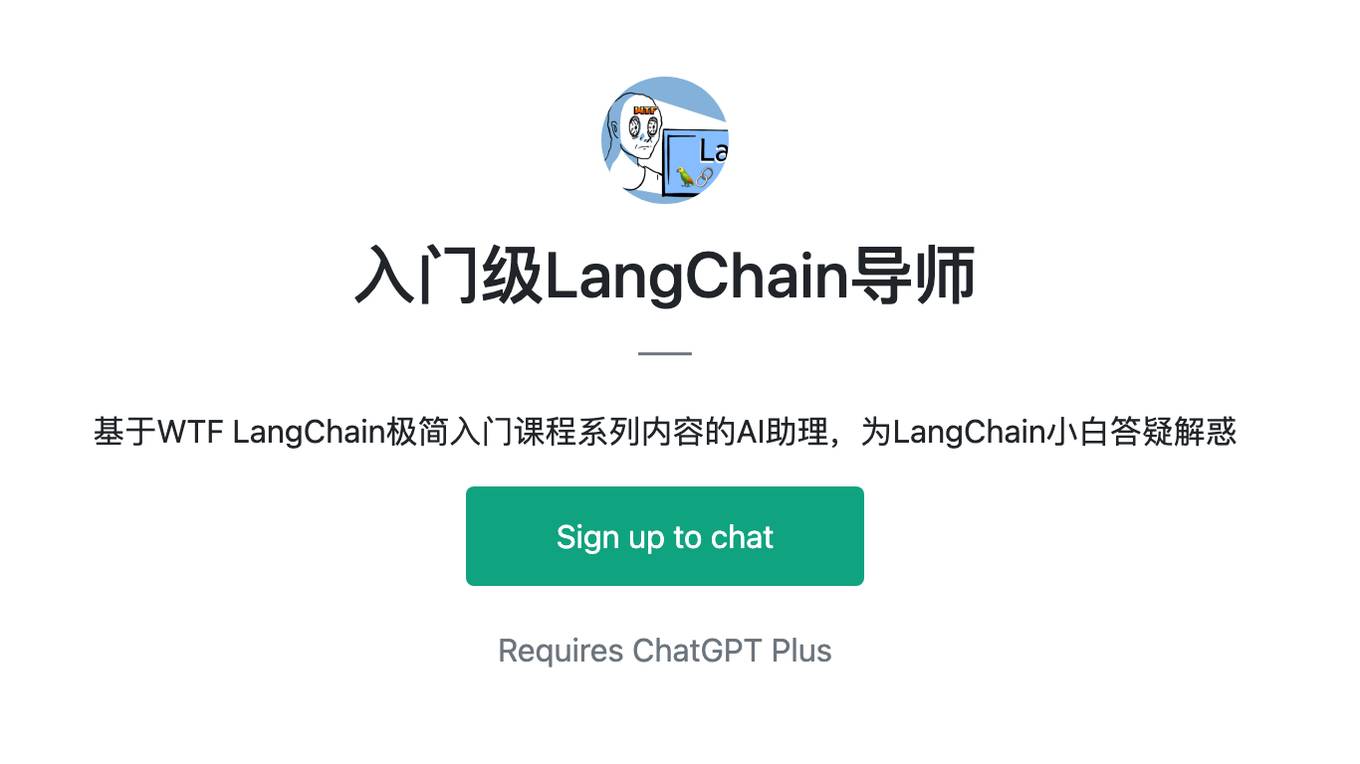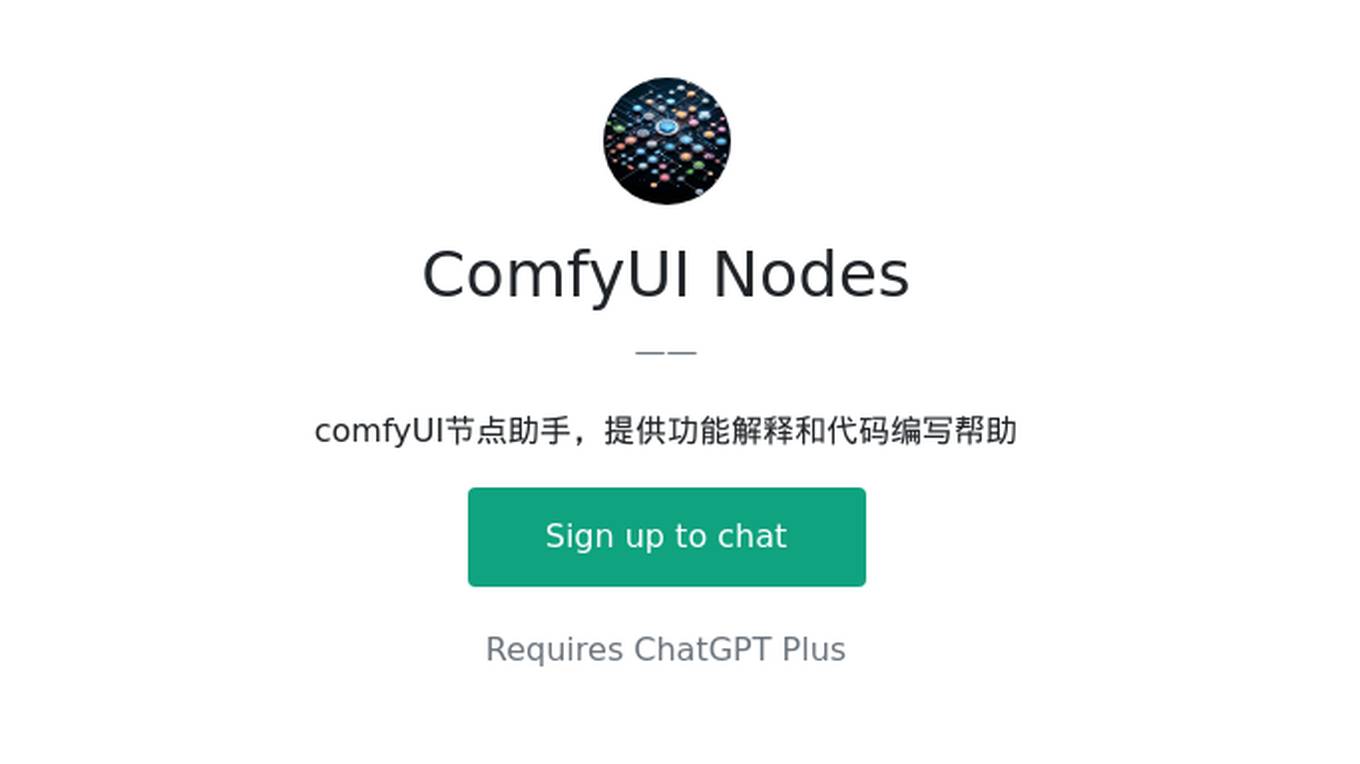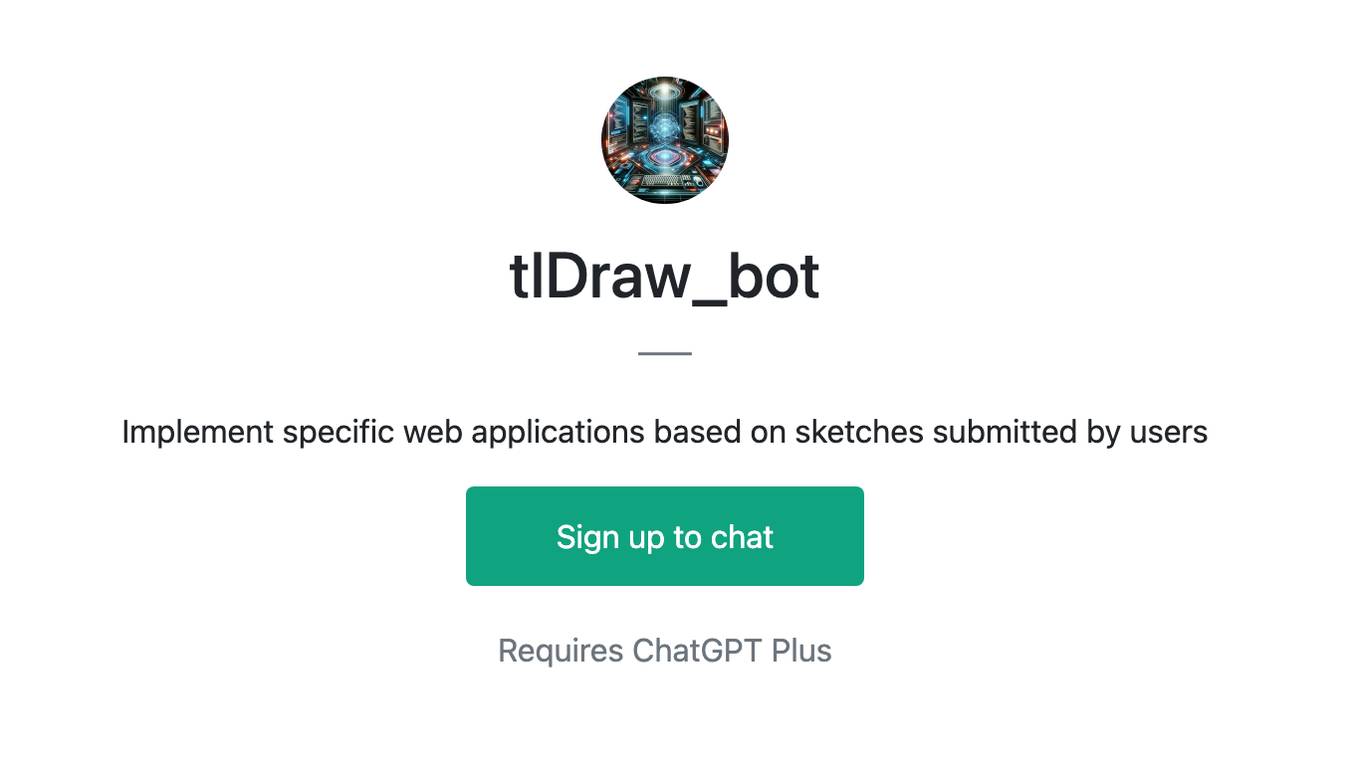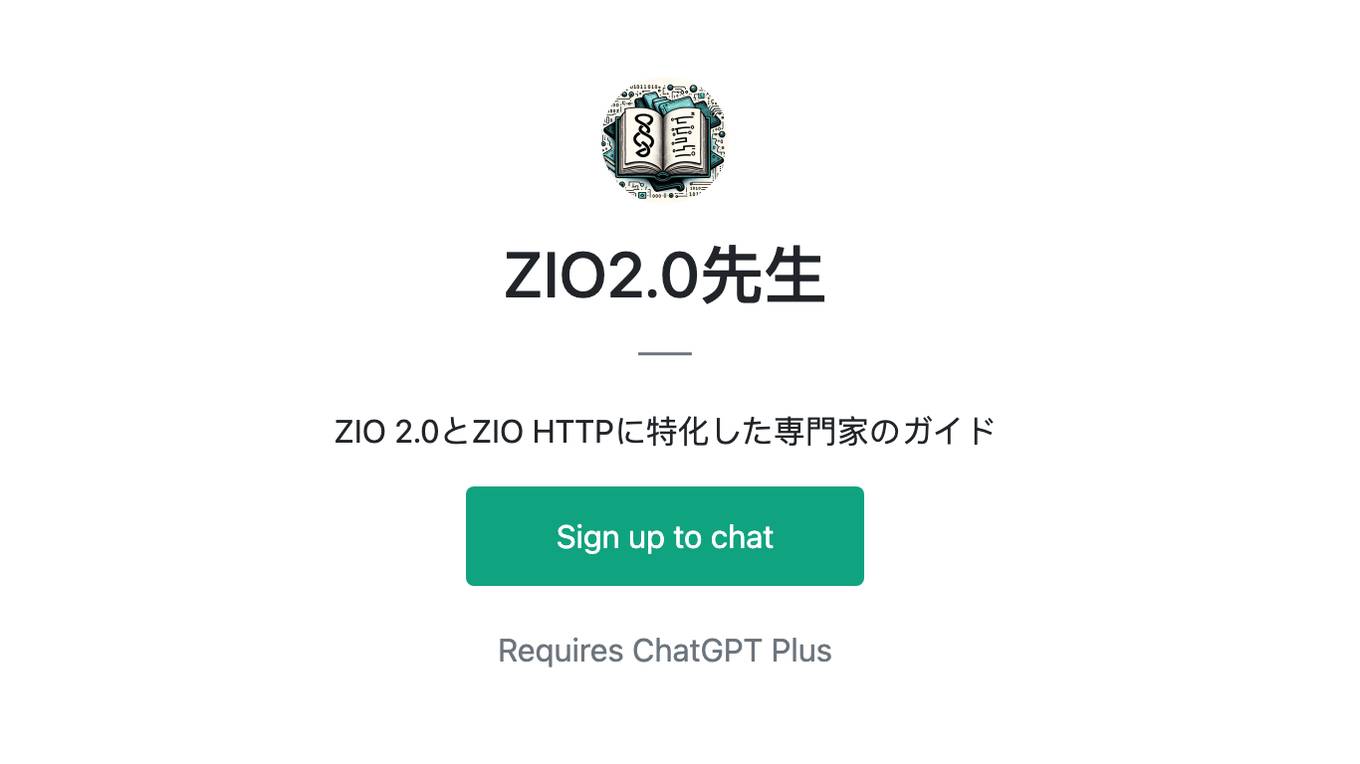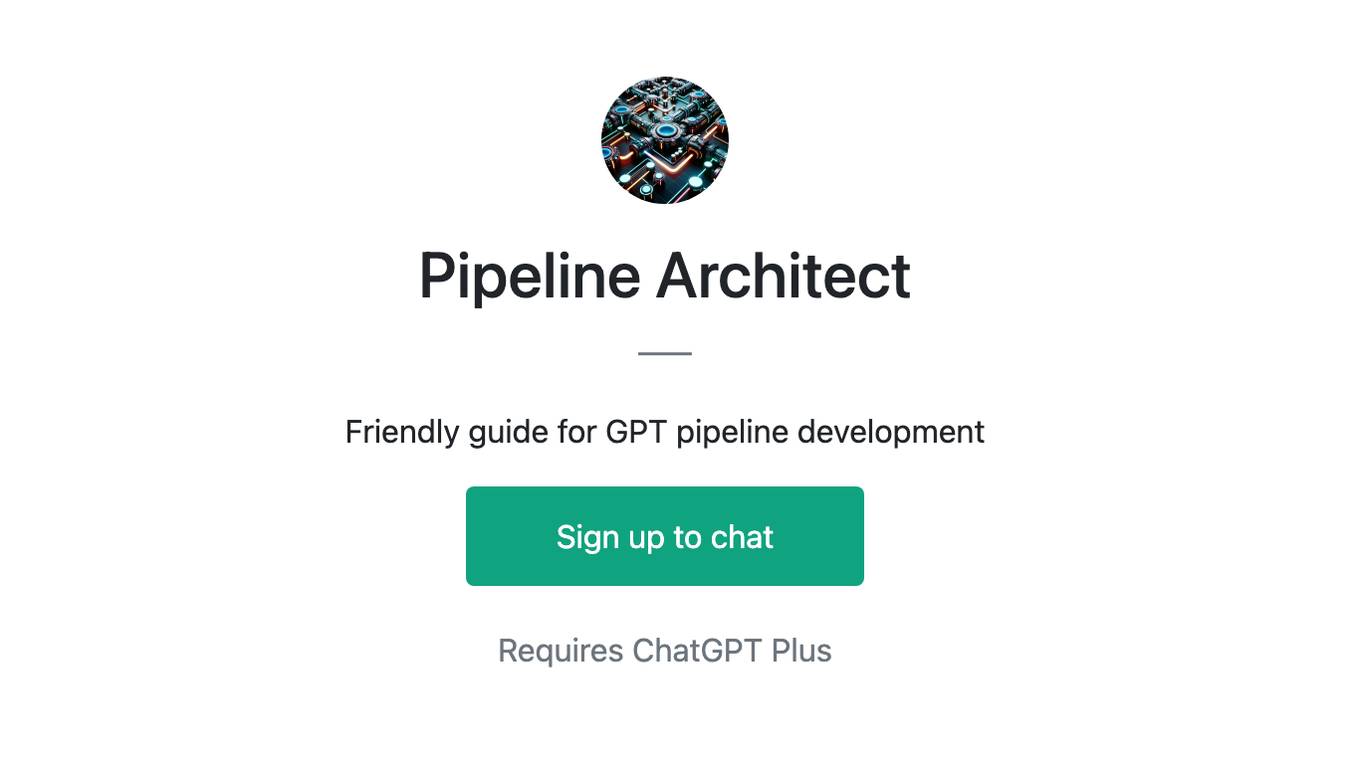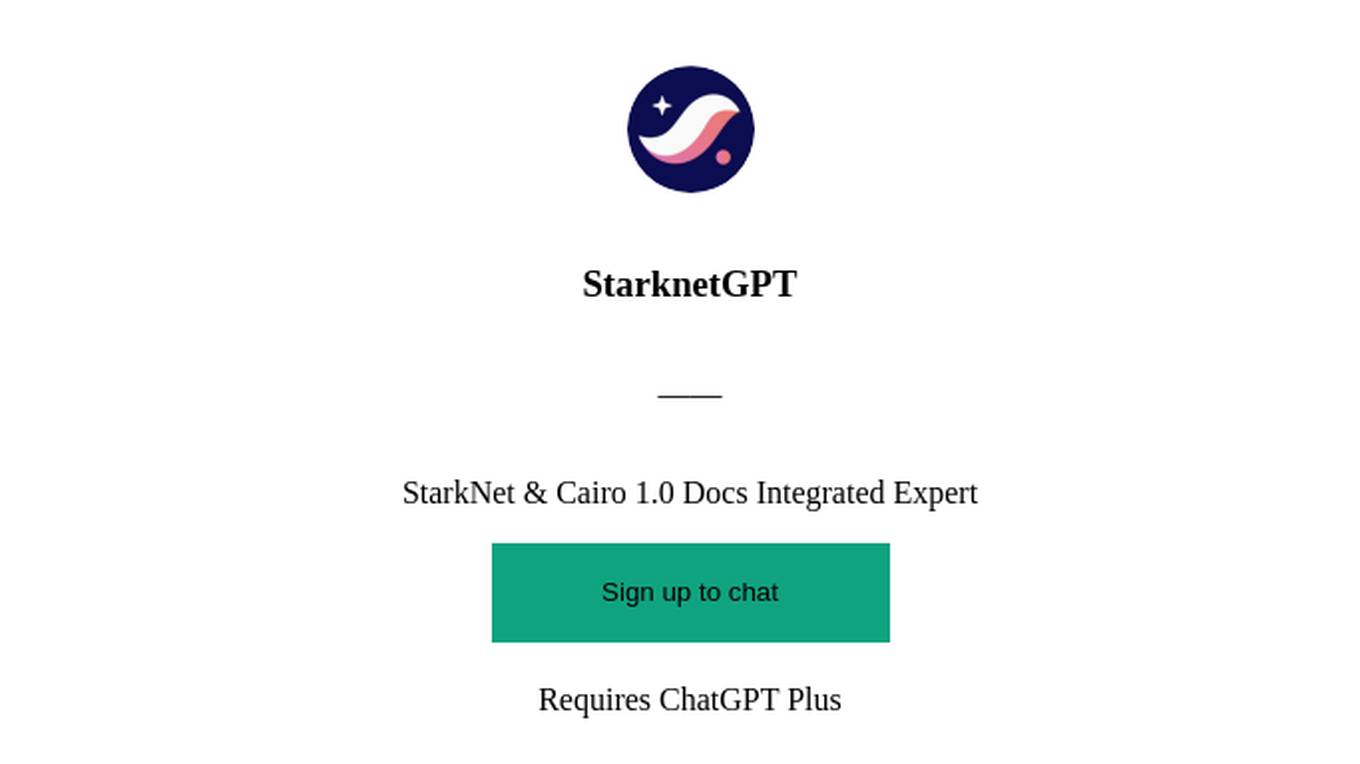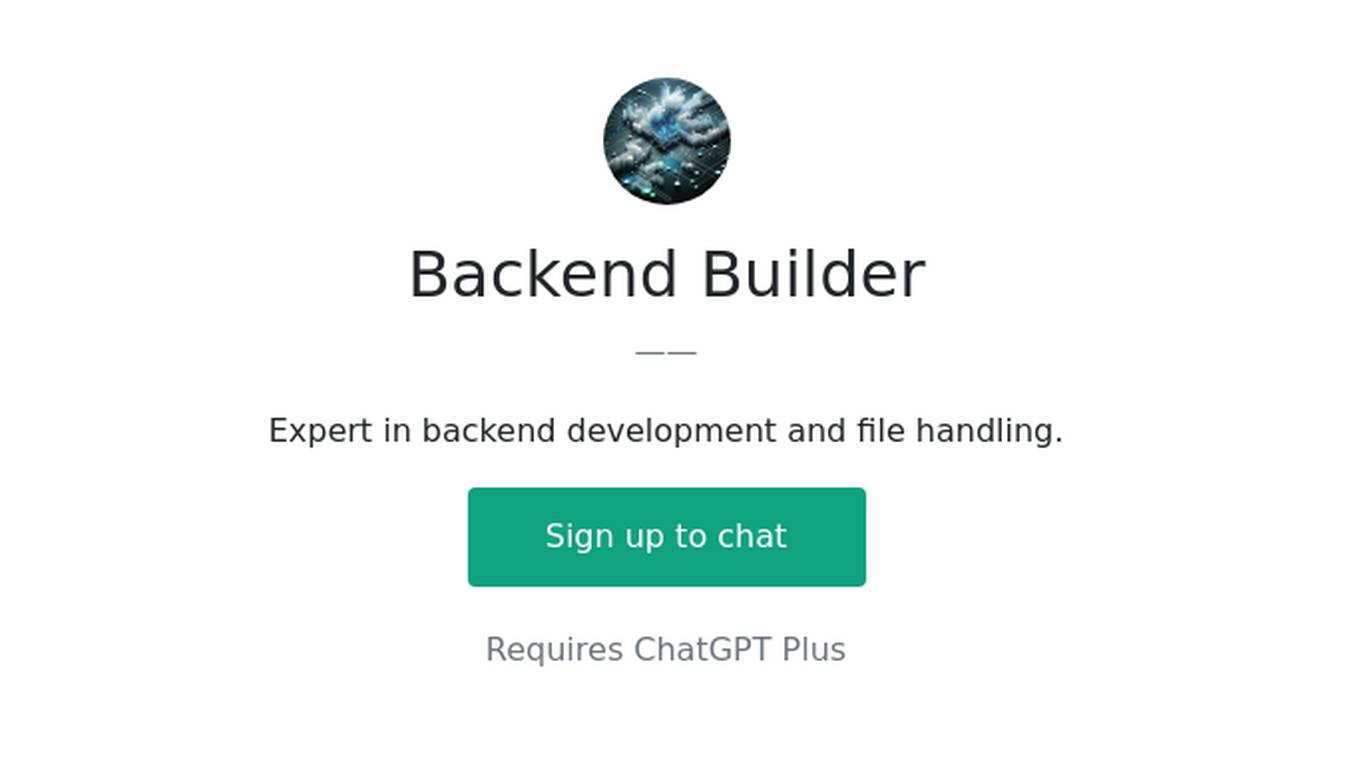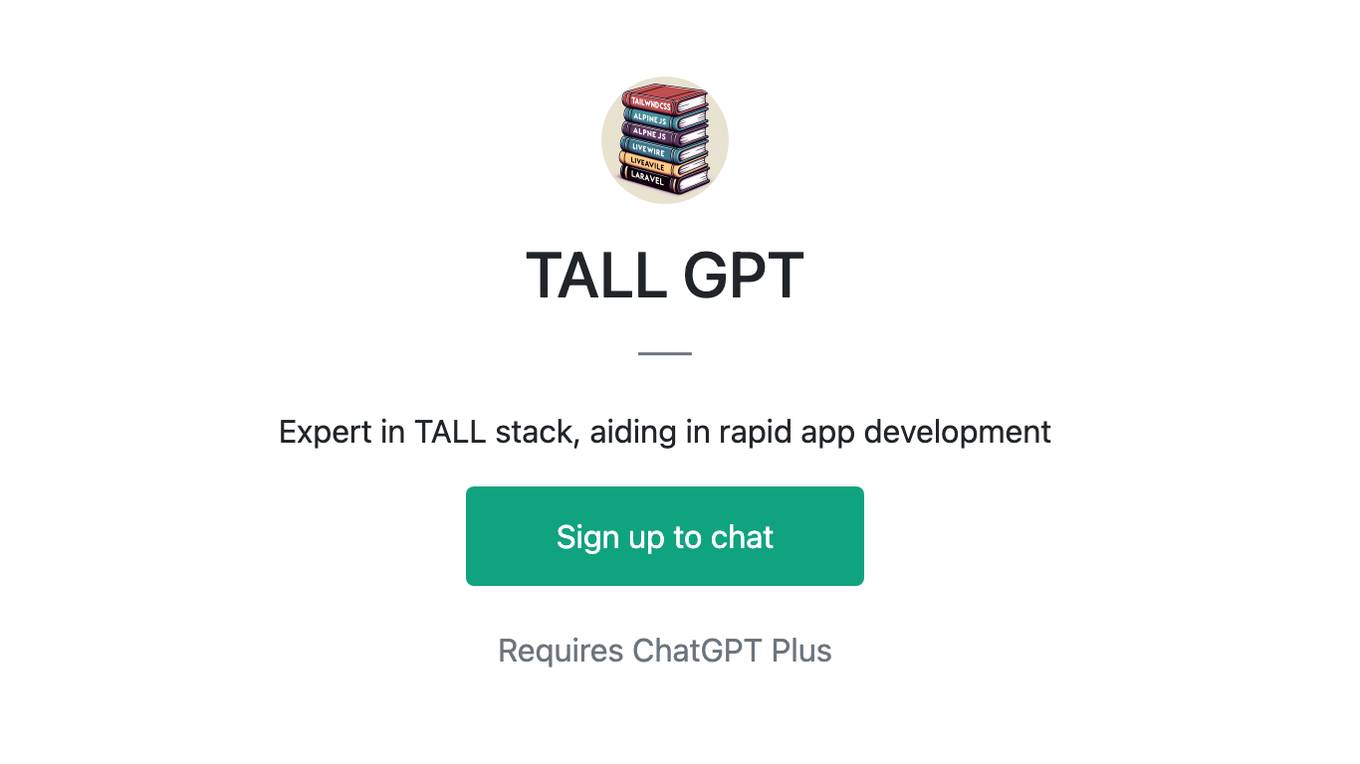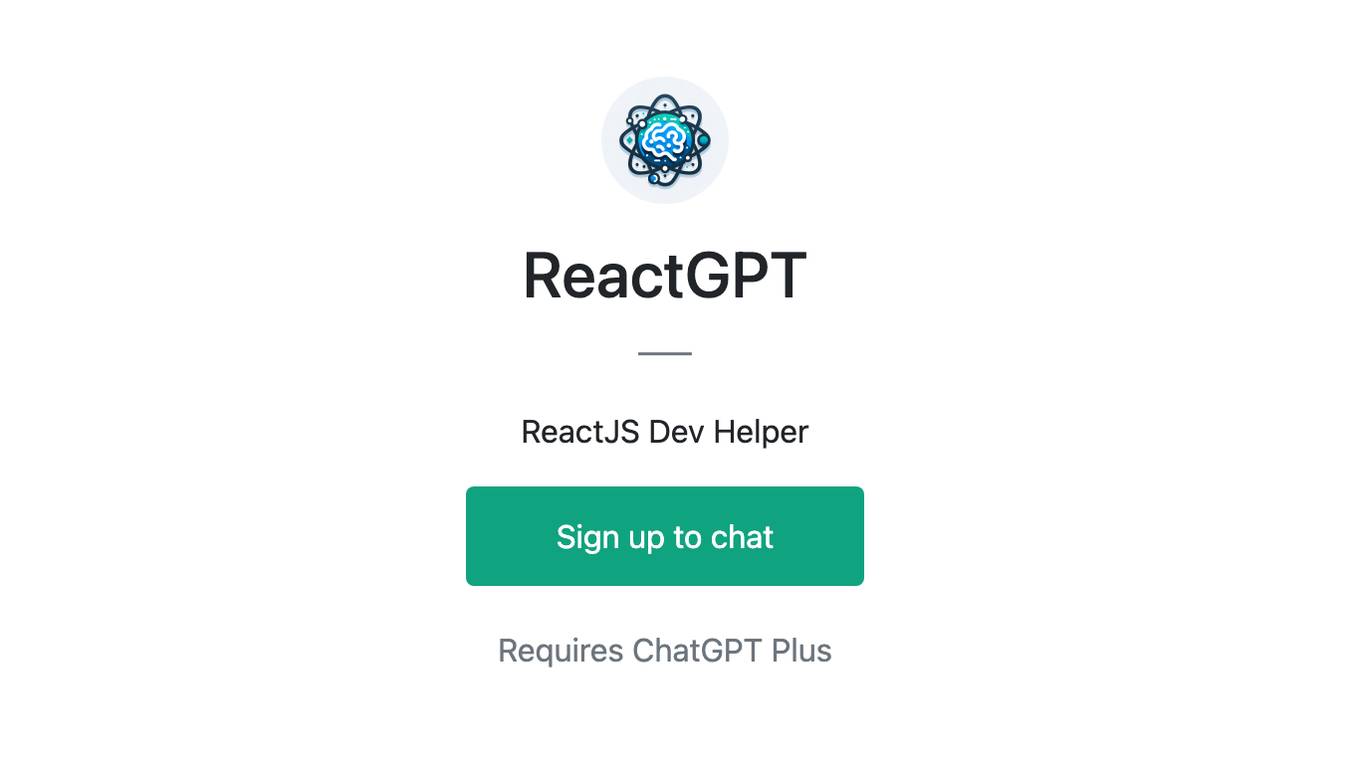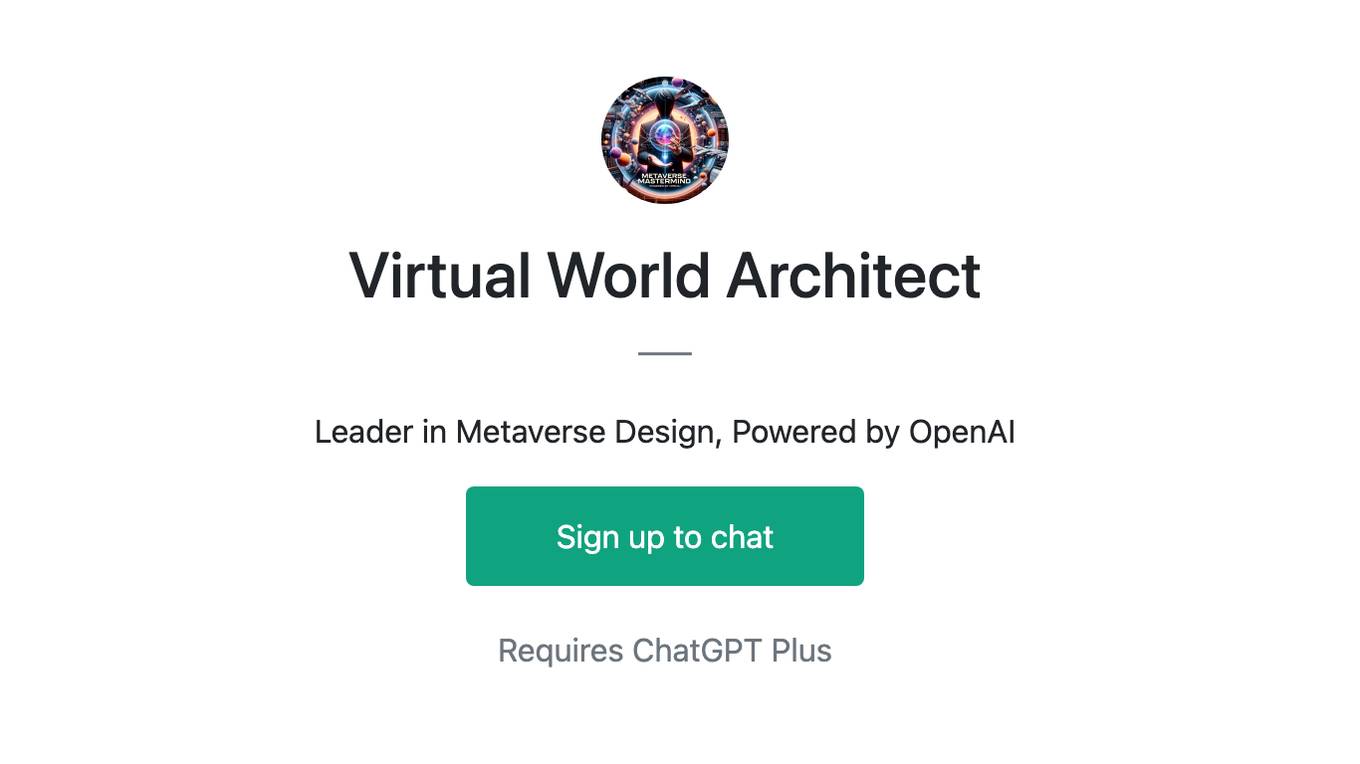Best AI tools for< Build Ai Applications >
20 - AI tool Sites

Unified DevOps platform to build AI applications
This is a unified DevOps platform to build AI applications. It provides a comprehensive set of tools and services to help developers build, deploy, and manage AI applications. The platform includes a variety of features such as a code editor, a debugger, a profiler, and a deployment manager. It also provides access to a variety of AI services, such as natural language processing, machine learning, and computer vision.
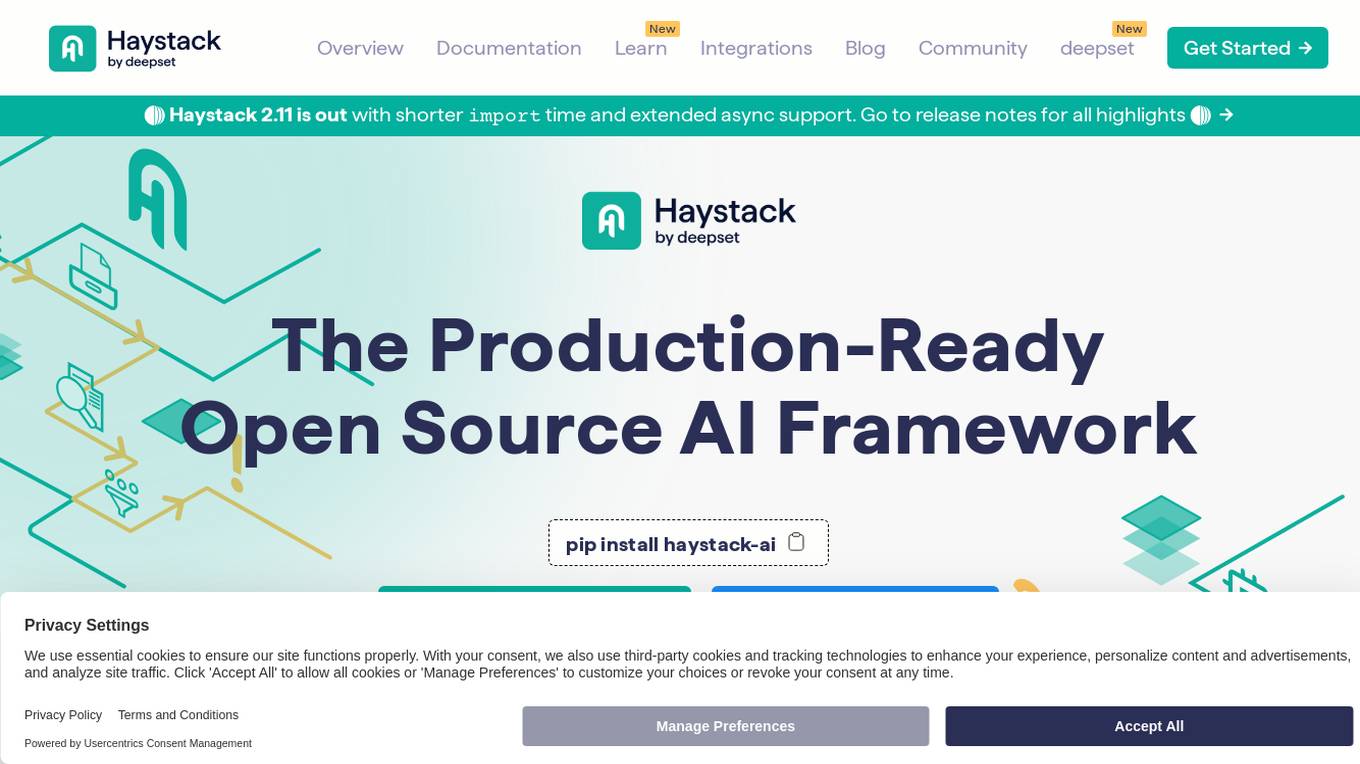
Haystack
Haystack is a production-ready open-source AI framework designed to facilitate building AI applications. It offers a flexible components and pipelines architecture, allowing users to customize and build applications according to their specific requirements. With partnerships with leading LLM providers and AI tools, Haystack provides freedom of choice for users. The framework is built for production, with fully serializable pipelines, logging, monitoring integrations, and deployment guides for full-scale deployments on various platforms. Users can build Haystack apps faster using deepset Studio, a platform for drag-and-drop construction of pipelines, testing, debugging, and sharing prototypes.

Langflow
Langflow is a low-code app builder for RAG and multi-agent AI applications. It is Python-based and agnostic to any model, API, or database. Langflow offers a visual IDE for building and testing workflows, multi-agent orchestration, free cloud service, observability features, and ecosystem integrations. Users can customize workflows using Python and publish them as APIs or export as Python applications.
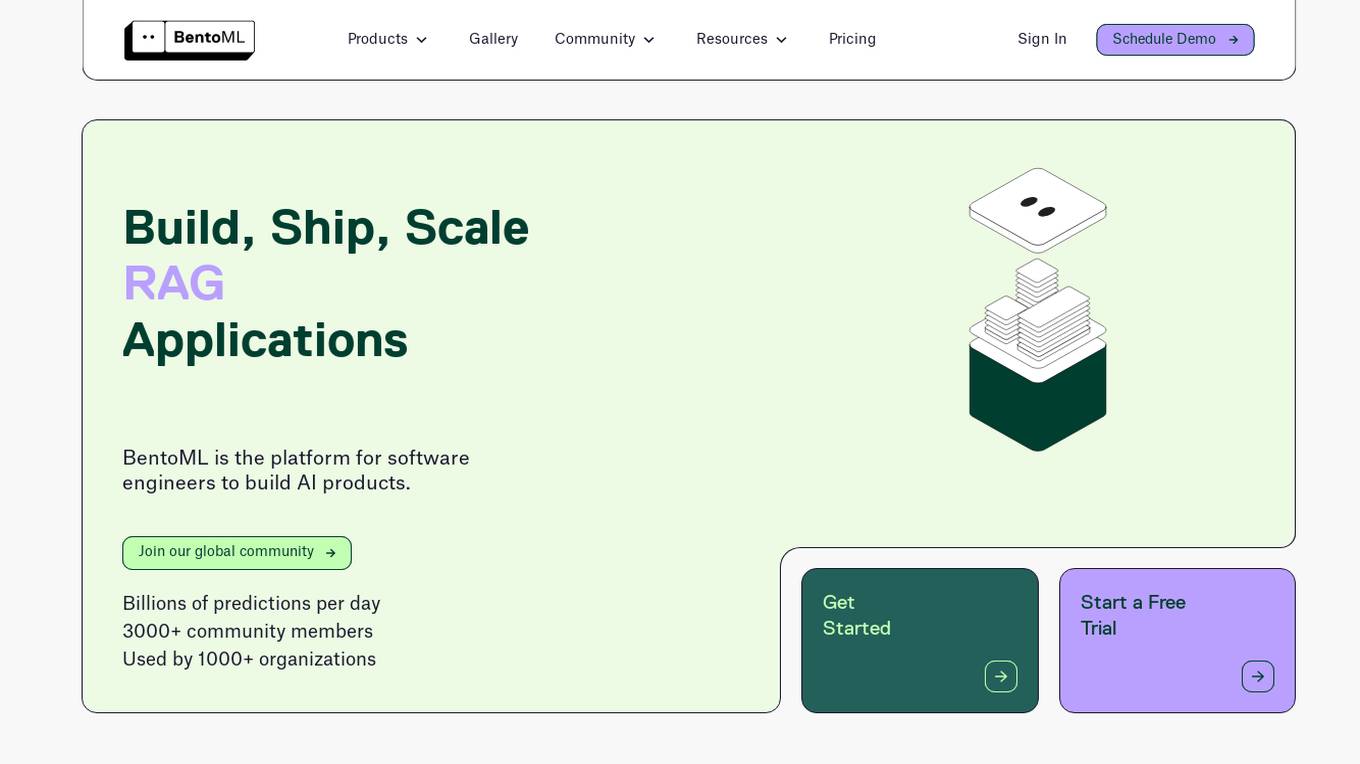
BentoML
BentoML is a platform for software engineers to build, ship, and scale AI products. It provides a unified AI application framework that makes it easy to manage and version models, create service APIs, and build and run AI applications anywhere. BentoML is used by over 1000 organizations and has a global community of over 3000 members.
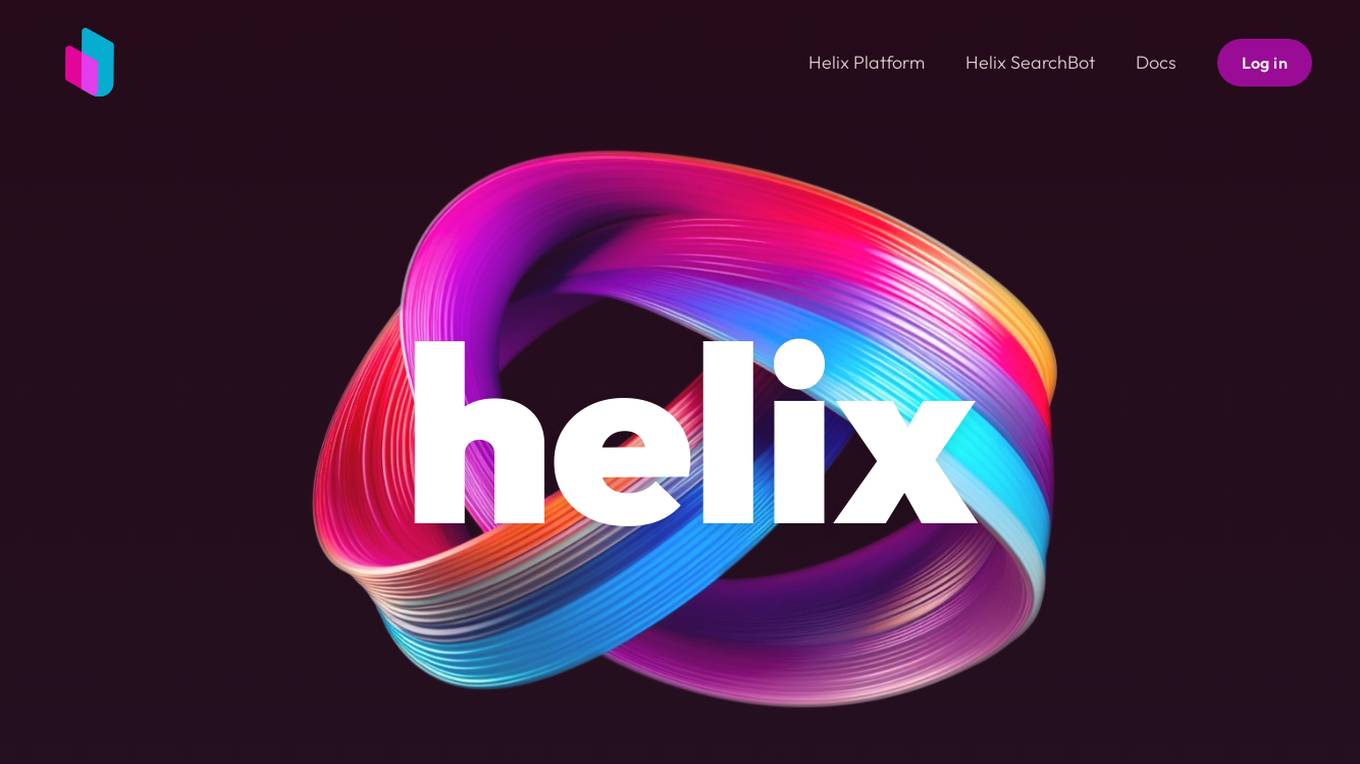
Helix AI
Helix AI is a private GenAI platform that enables users to build AI applications using open source models. The platform offers tools for RAG (Retrieval-Augmented Generation) and fine-tuning, allowing deployment on-premises or in a Virtual Private Cloud (VPC). Users can access curated models, utilize Helix API tools to connect internal and external APIs, embed Helix Assistants into websites/apps for chatbot functionality, write AI application logic in natural language, and benefit from the innovative RAG system for Q&A generation. Additionally, users can fine-tune models for domain-specific needs and deploy securely on Kubernetes or Docker in any cloud environment. Helix Cloud offers free and premium tiers with GPU priority, catering to individuals, students, educators, and companies of varying sizes.
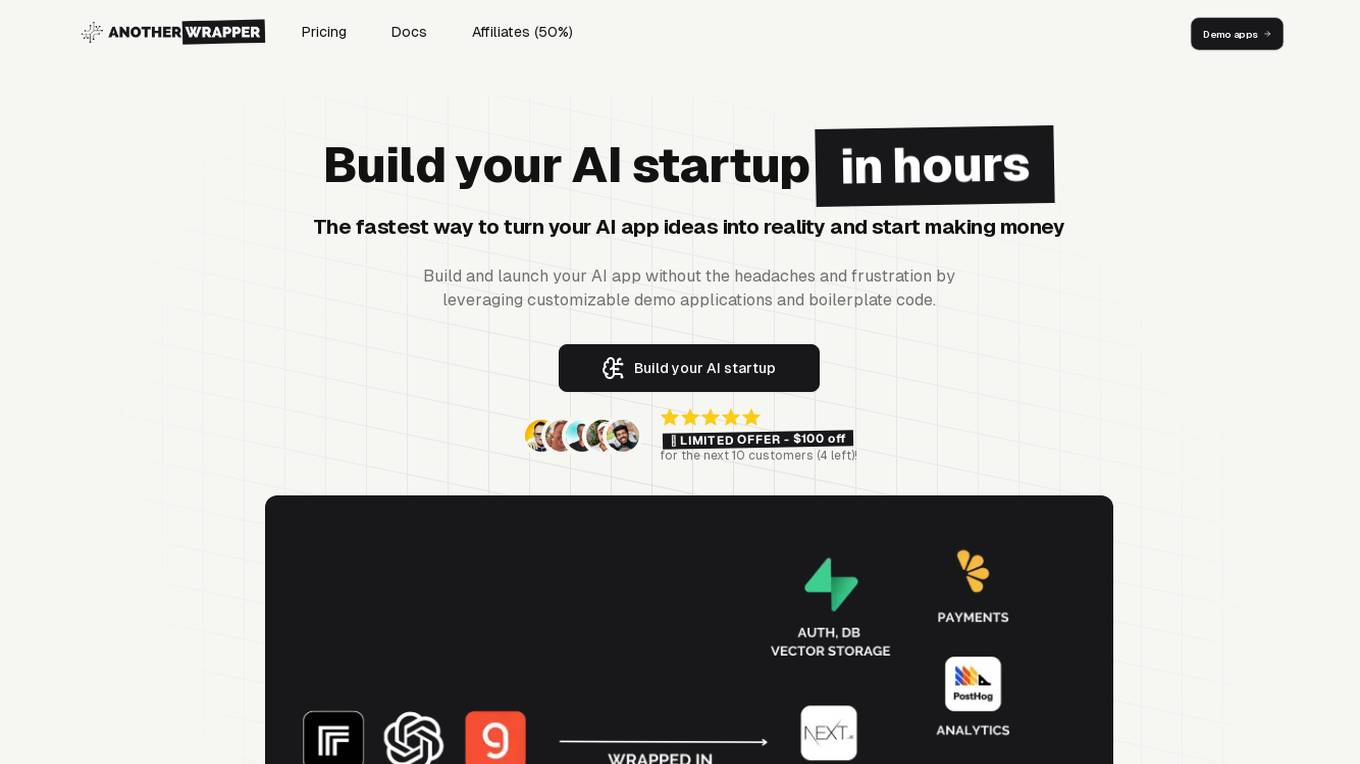
AI Startup Builder
The website offers an AI startup builder tool that allows users to create AI applications in hours by leveraging customizable demo apps and boilerplate code. It provides a Next.js AI starter kit with various features such as full-stack web app development, styling and design with TailwindCSS, state-of-the-art AI models from OpenAI, subscriptions and payments with LemonSqueezy, and more. Users can save time on coding and infrastructure setup, focusing on building their product instead.
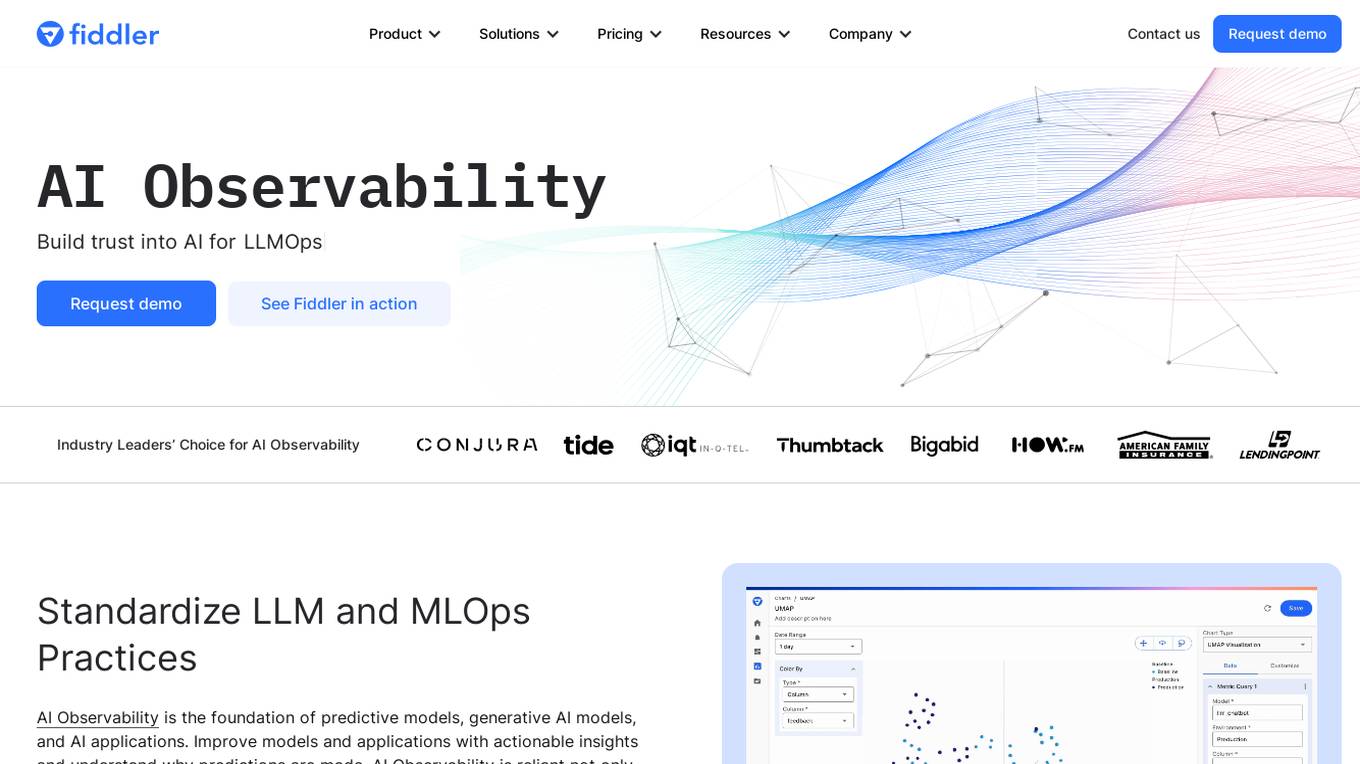
Fiddler AI
Fiddler AI is an AI Observability platform that provides tools for monitoring, explaining, and improving the performance of AI models. It offers a range of capabilities, including explainable AI, NLP and CV model monitoring, LLMOps, and security features. Fiddler AI helps businesses to build and deploy high-performing AI solutions at scale.
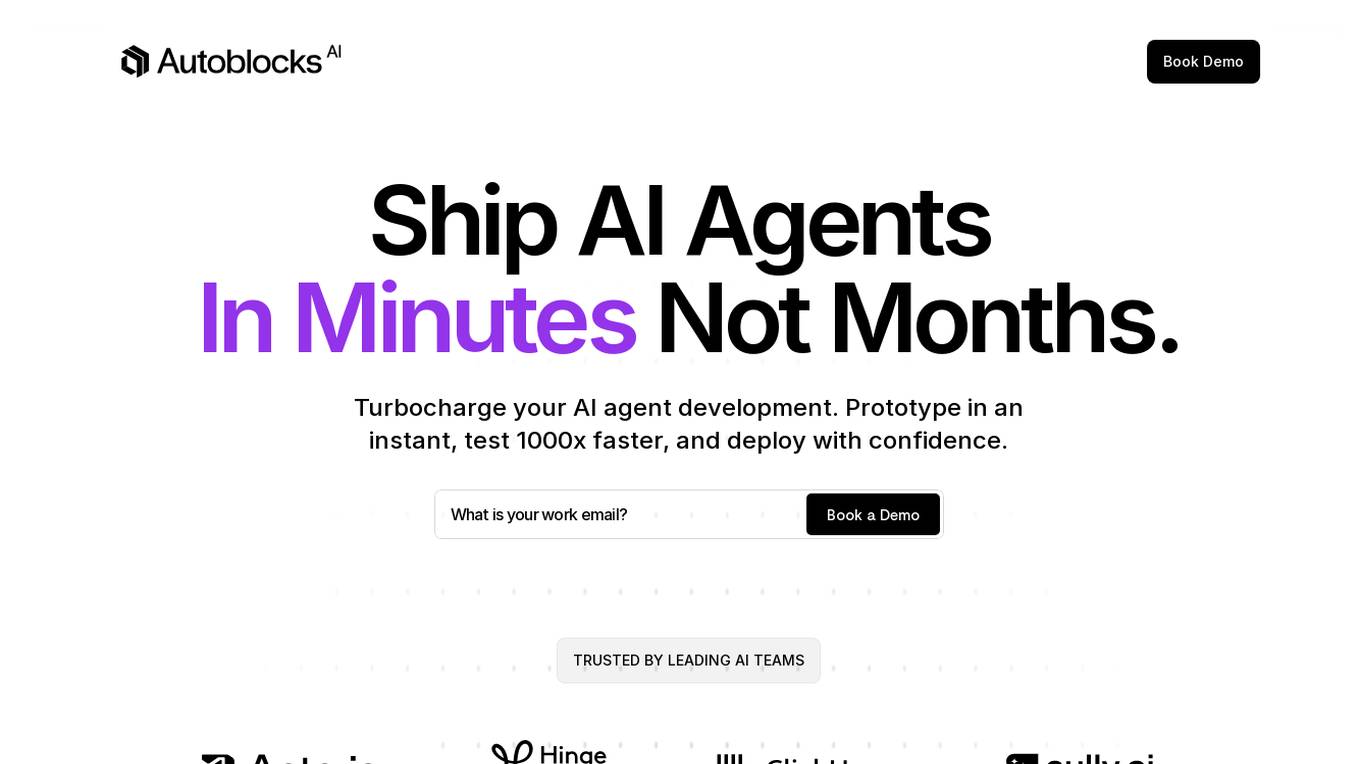
Autoblocks AI
Autoblocks AI is an AI application designed to help users build safe AI apps efficiently. It allows users to ship AI agents in minutes, speeding up the development process significantly. With Autoblocks AI, users can prototype quickly, test at a faster rate, and deploy with confidence. The application is trusted by leading AI teams and focuses on making AI agent development more predictable by addressing the unpredictability of user inputs and non-deterministic models.
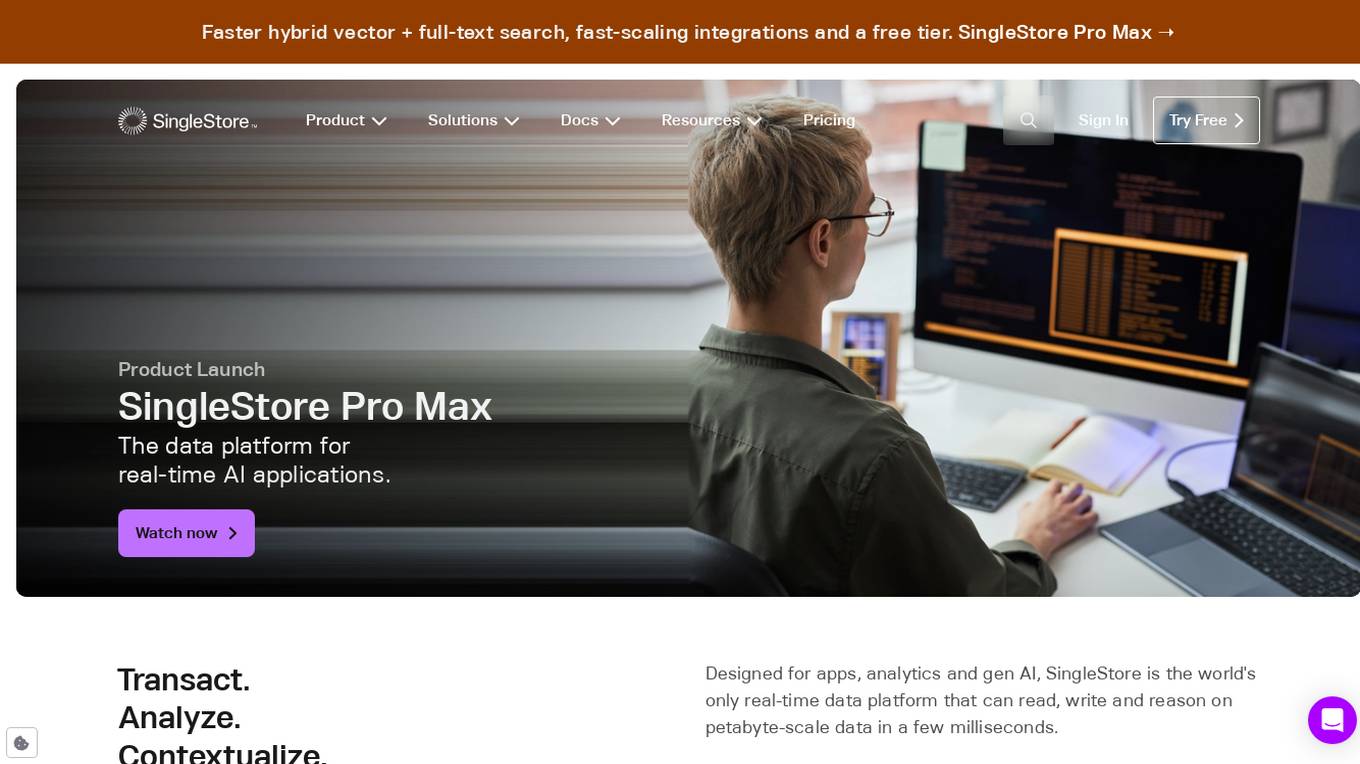
SingleStore
SingleStore is a real-time data platform designed for apps, analytics, and gen AI. It offers faster hybrid vector + full-text search, fast-scaling integrations, and a free tier. SingleStore can read, write, and reason on petabyte-scale data in milliseconds. It supports streaming ingestion, high concurrency, first-class vector support, record lookups, and more.
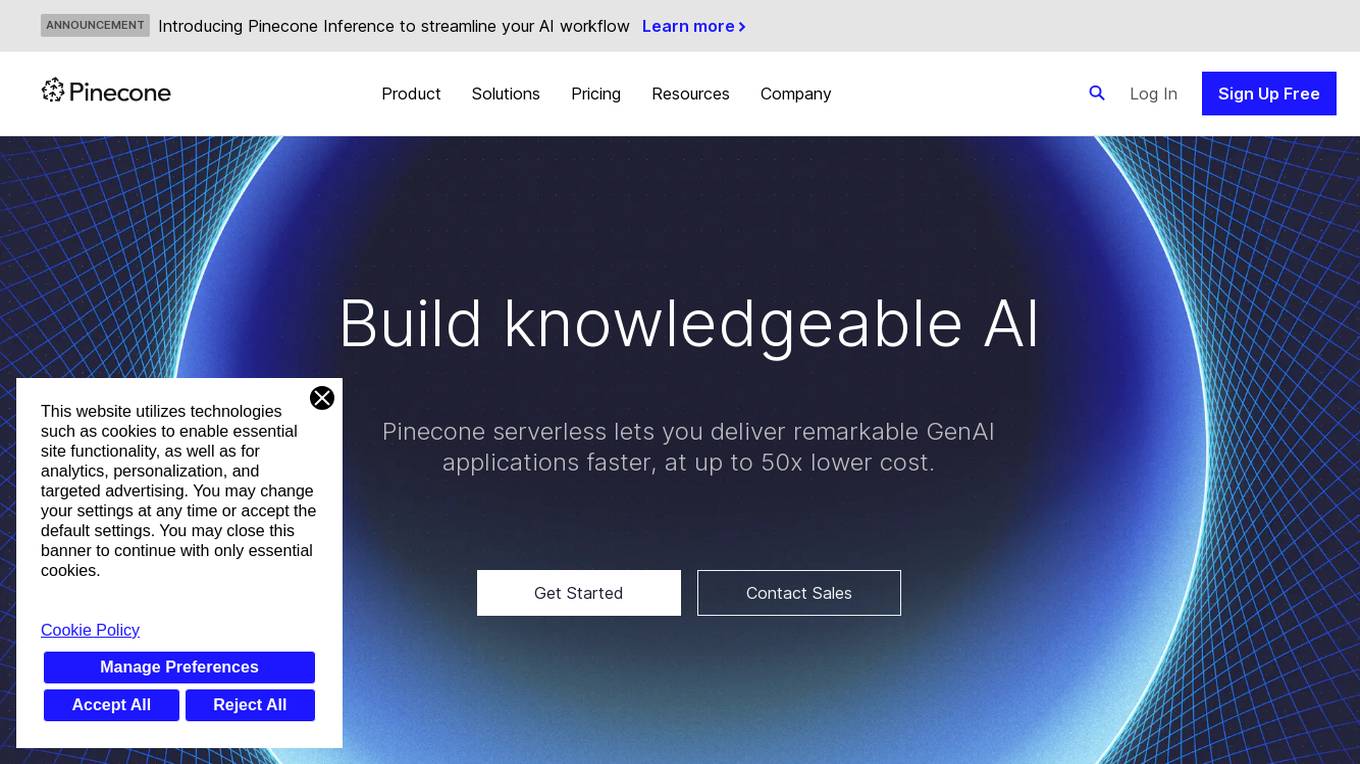
Pinecone
Pinecone is a vector database designed to help power AI applications for various companies. It offers a serverless platform that enables users to build knowledgeable AI applications quickly and cost-effectively. With Pinecone, users can perform low-latency vector searches for tasks such as search, recommendation, detection, and more. The platform is scalable, secure, and cloud-native, making it suitable for a wide range of AI projects.
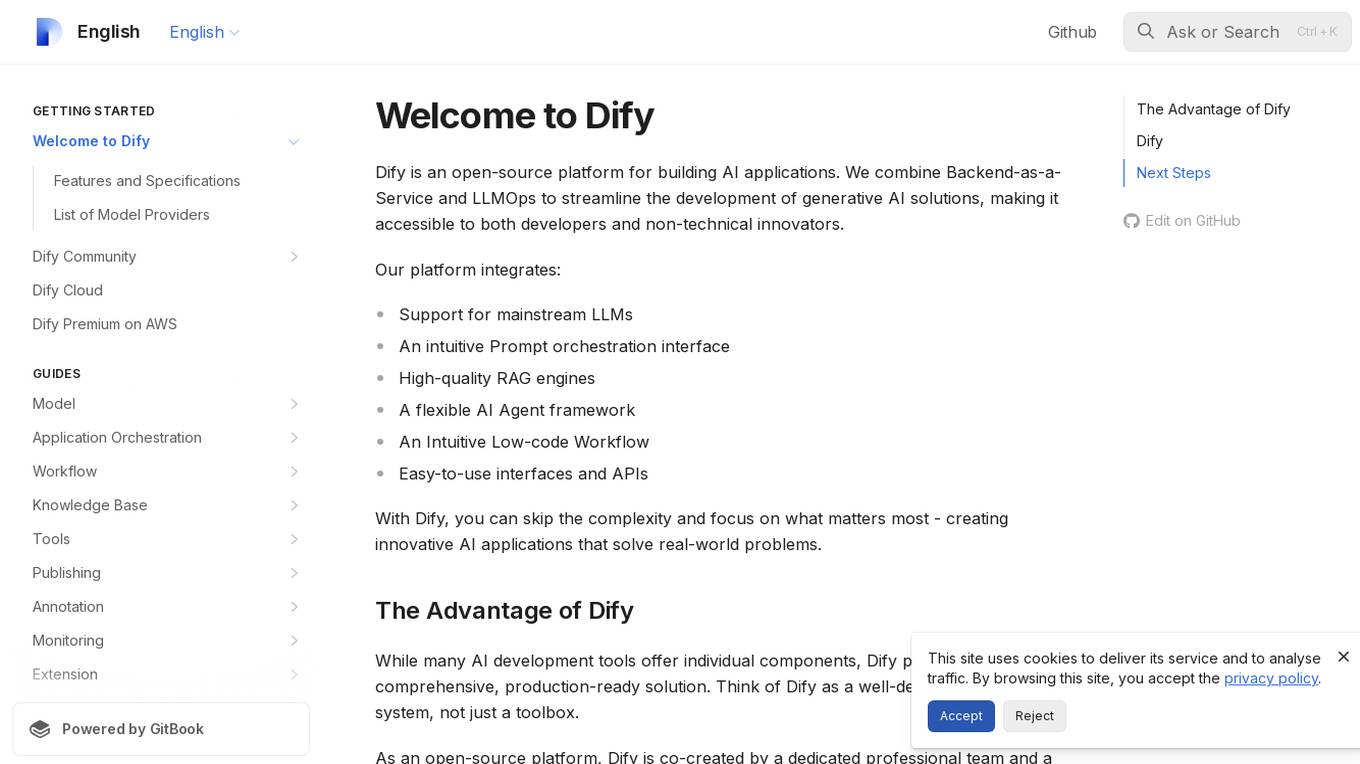
Dify
Dify is an open-source platform for building AI applications that combines Backend-as-a-Service and LLMOps to streamline the development of generative AI solutions. It integrates support for mainstream LLMs, an intuitive Prompt orchestration interface, high-quality RAG engines, a flexible AI Agent framework, and easy-to-use interfaces and APIs. Dify allows users to skip complexity and focus on creating innovative AI applications that solve real-world problems. It offers a comprehensive, production-ready solution with a user-friendly interface.
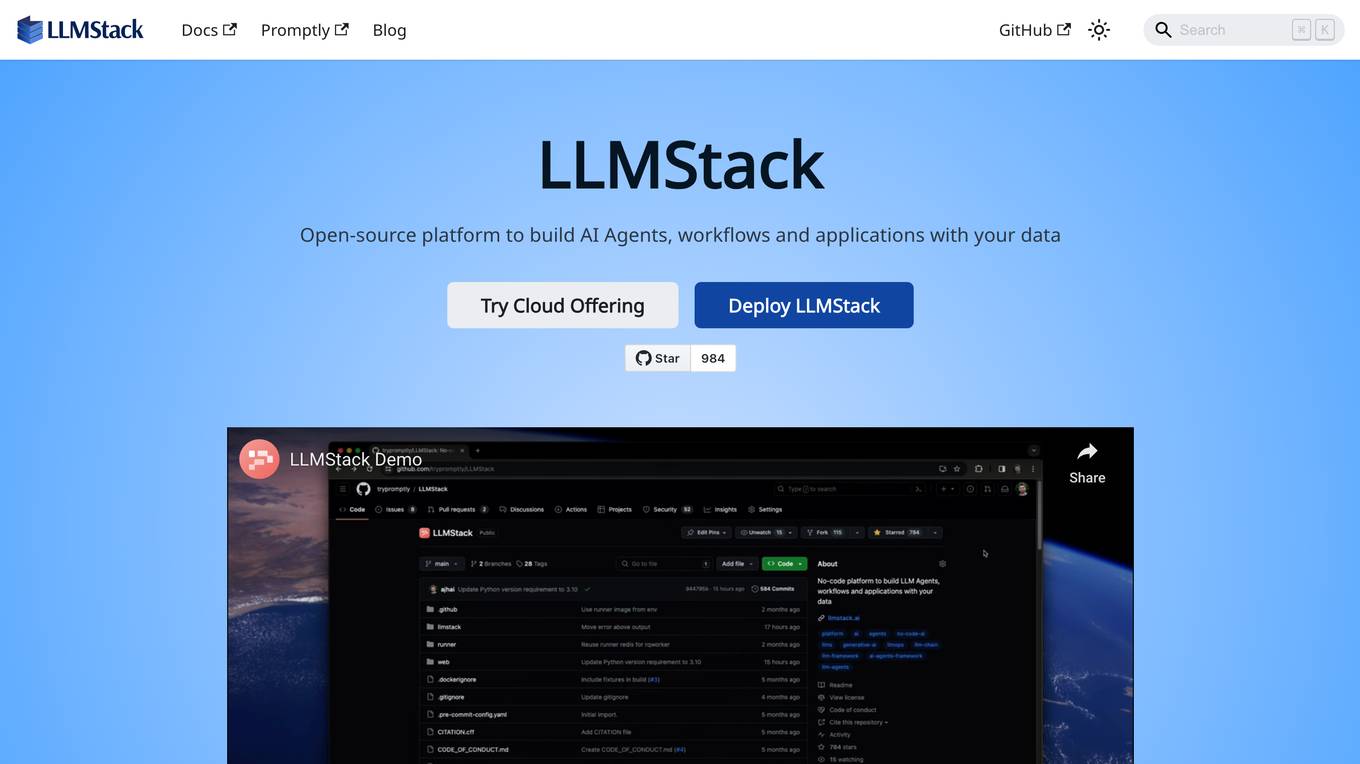
LLMStack
LLMStack is an open-source platform that allows users to build AI Agents, workflows, and applications using their own data. It is a no-code AI app builder that supports model chaining from major providers like OpenAI, Cohere, Stability AI, and Hugging Face. Users can import various data sources such as Web URLs, PDFs, audio files, and more to enhance generative AI applications and chatbots. With a focus on collaboration, LLMStack enables users to share apps publicly or restrict access, with viewer and collaborator roles for multiple users to work together. Powered by React, LLMStack provides an easy-to-use interface for building AI applications.
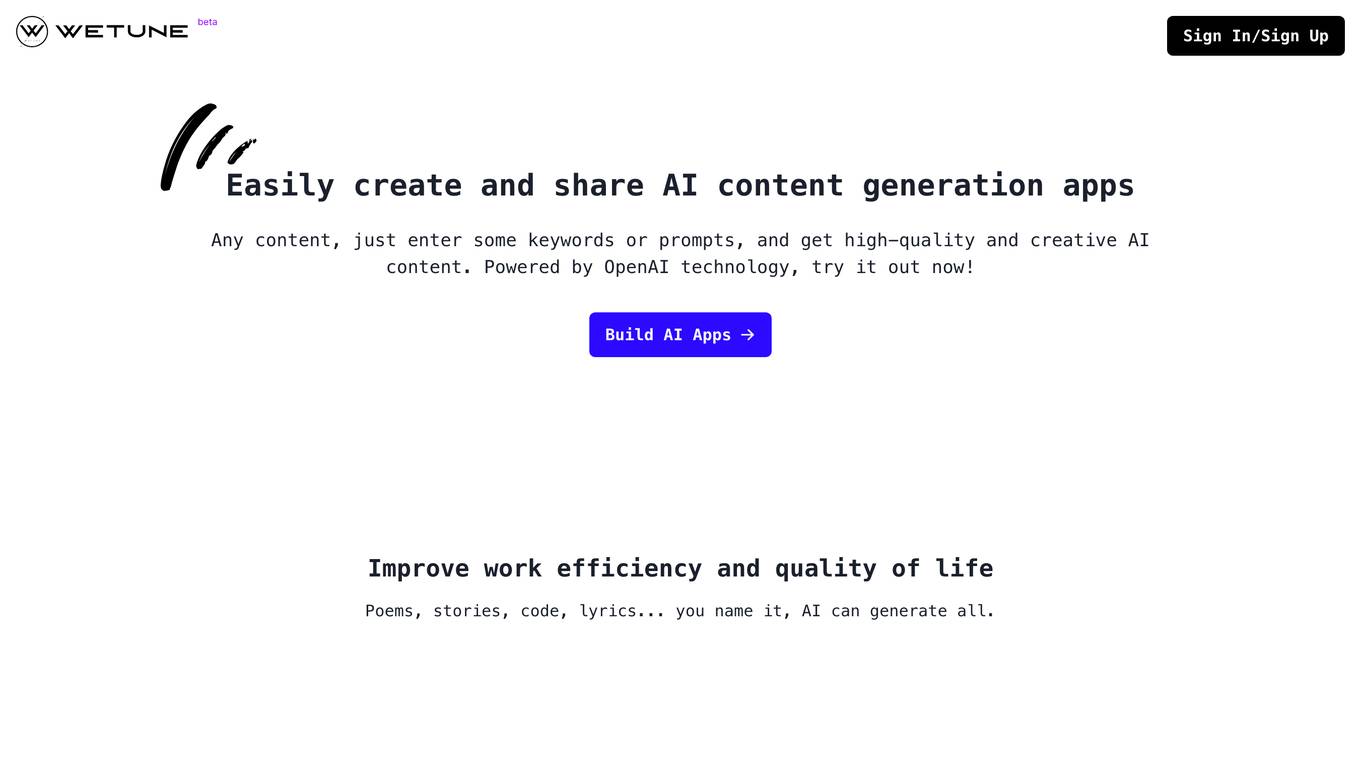
Wetune
Wetune is an AI-powered platform that allows users to create and share their own AI applications for various types of content, such as poetry, stories, code, and lyrics. It is powered by OpenAI's GPT technology and is suitable for anyone to use, whether you want to improve work efficiency, learn new skills, or find inspiration and entertainment.
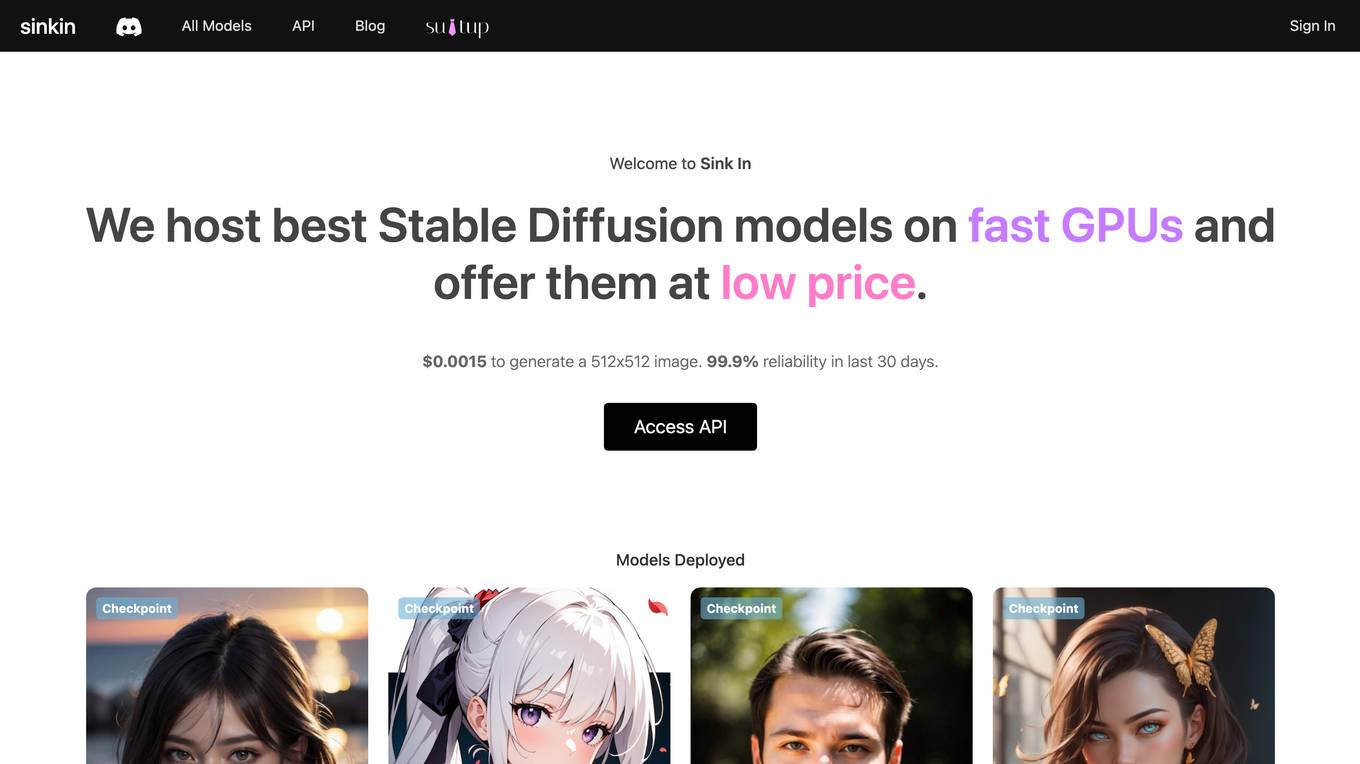
Sink In
Sink In is a cloud-based platform that provides access to Stable Diffusion AI image generation models. It offers a variety of models to choose from, including majicMIX realistic, MeinaHentai, AbsoluteReality, DreamShaper, and more. Users can generate images by inputting text prompts and selecting the desired model. Sink In charges $0.0015 for each 512x512 image generated, and it offers a 99.9% reliability guarantee for images generated in the last 30 days.
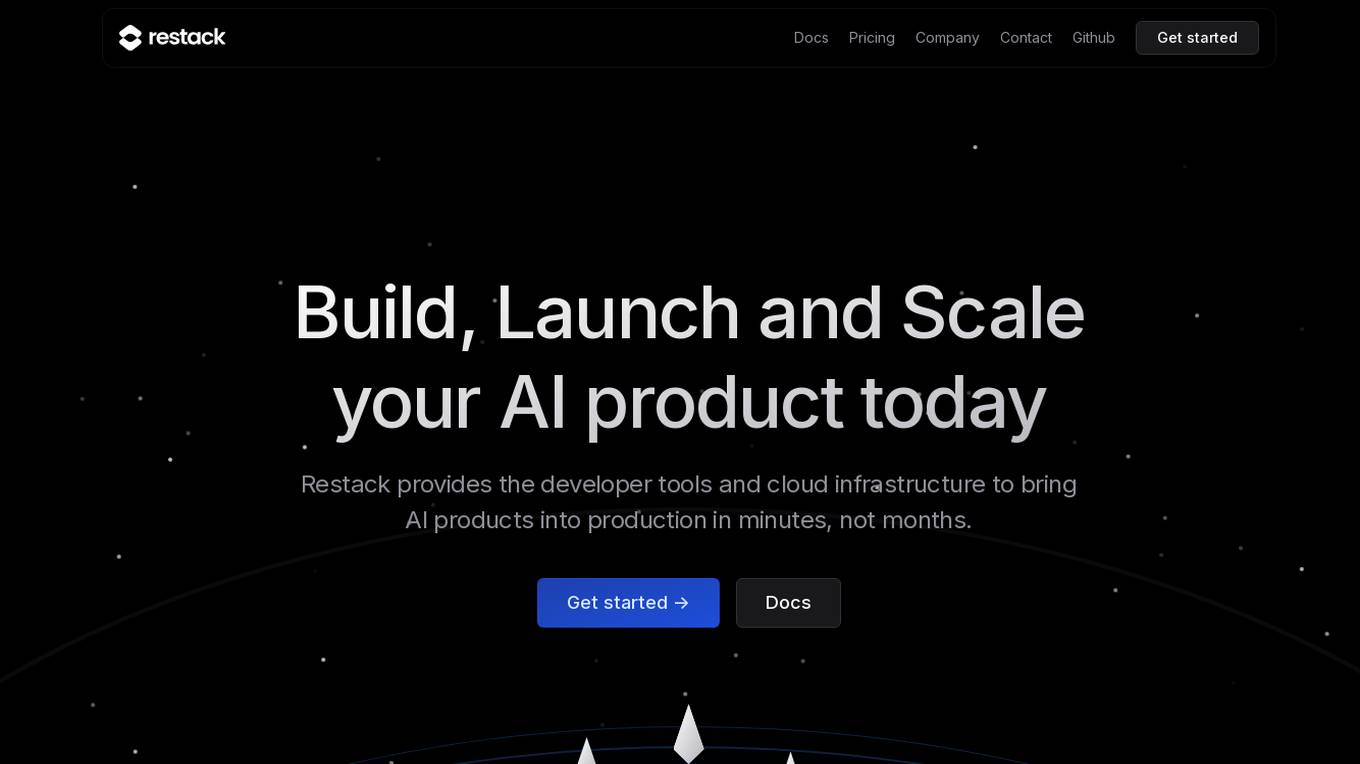
Restack
Restack is a developer tool and cloud infrastructure platform that enables users to build, launch, and scale AI products quickly and efficiently. With Restack, developers can go from local development to production in seconds, leveraging a variety of languages and frameworks. The platform offers templates, repository connections, and Dockerfile customization for seamless deployment. Restack Cloud provides cost-efficient scaling and GitHub integration for instant deployment. The platform simplifies the complexity of building and scaling AI applications, allowing users to move from code to production faster than ever before.
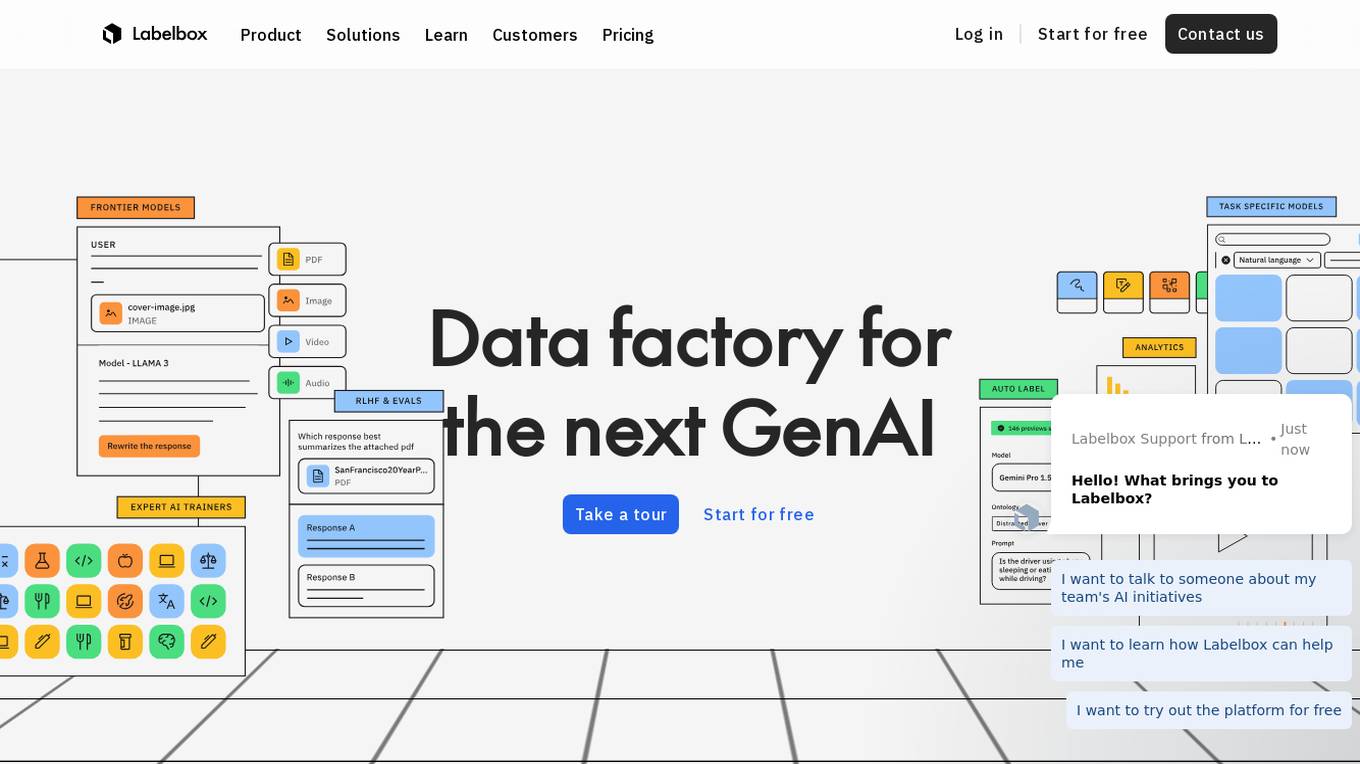
Labelbox
Labelbox is a data factory platform that empowers AI teams to manage data labeling, train models, and create better data with internet scale RLHF platform. It offers an all-in-one solution comprising tooling and services powered by a global community of domain experts. Labelbox operates a global data labeling infrastructure and operations for AI workloads, providing expert human network for data labeling in various domains. The platform also includes AI-assisted alignment for maximum efficiency, data curation, model training, and labeling services. Customers achieve breakthroughs with high-quality data through Labelbox.
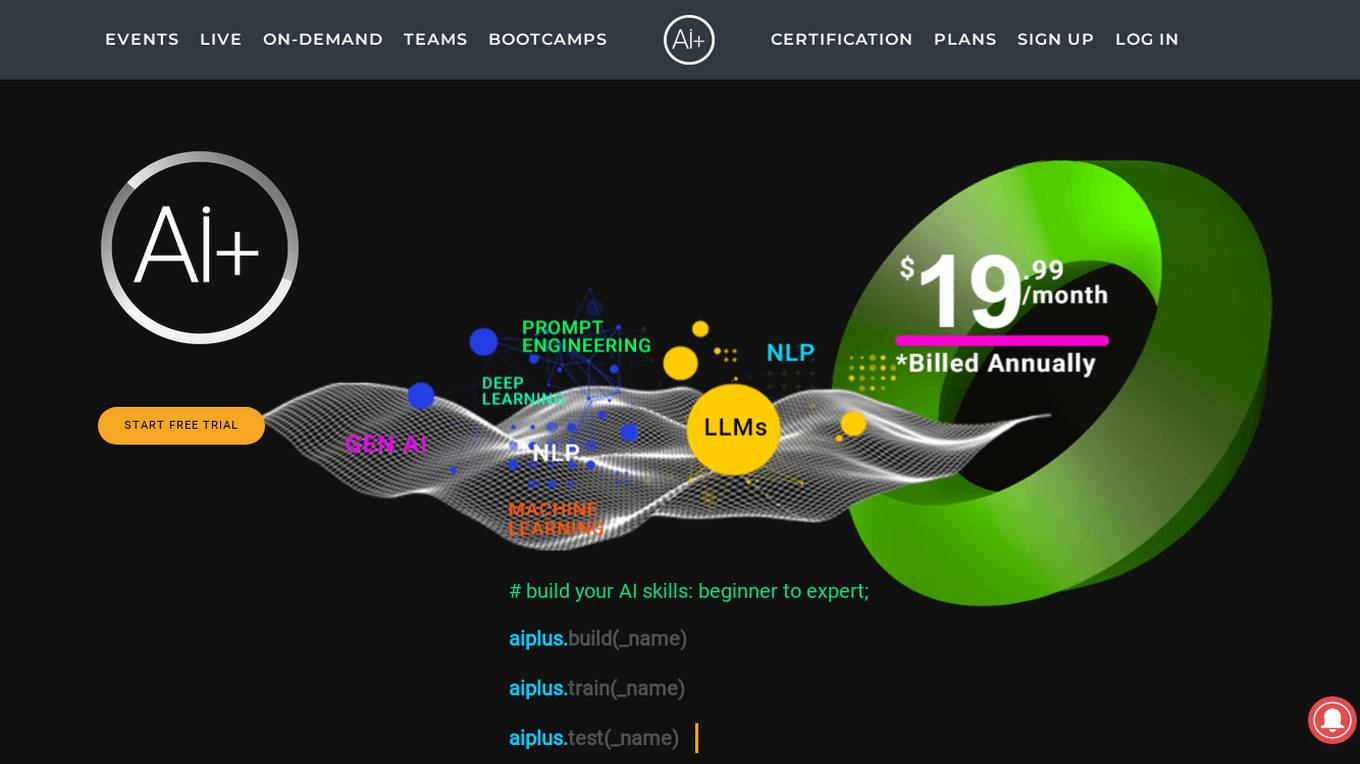
AI+ Training & Conferences
The website is a platform offering AI training and conferences for data science practitioners. It provides live and on-demand events, bootcamps, certifications, and courses covering various AI topics such as deep learning, machine learning, and generative AI. Users can access expert-led training sessions, workshops, and hands-on projects to enhance their AI skills and knowledge. The platform aims to unlock potential opportunities for learning, networking, and professional growth in the field of AI and data science.
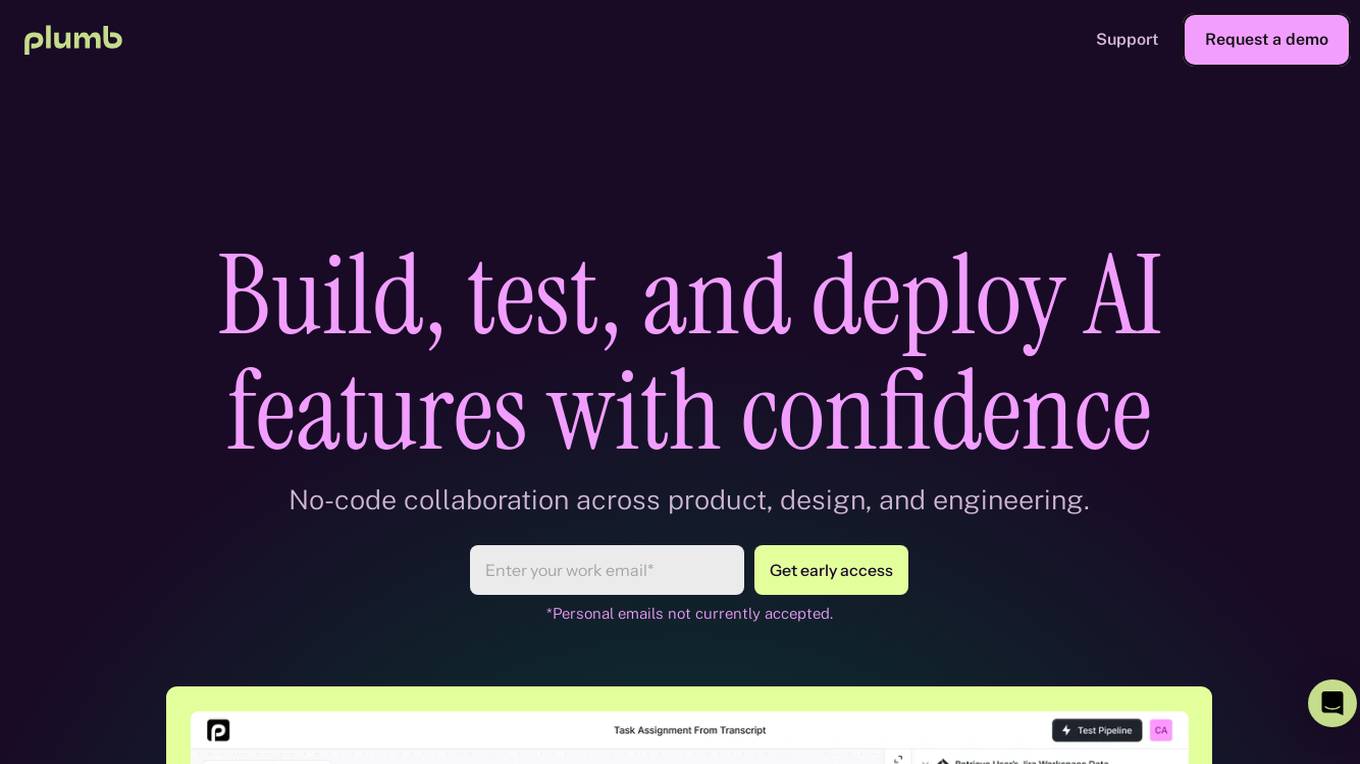
Plumb
Plumb is a no-code, node-based builder that empowers product, design, and engineering teams to create AI features together. It enables users to build, test, and deploy AI features with confidence, fostering collaboration across different disciplines. With Plumb, teams can ship prototypes directly to production, ensuring that the best prompts from the playground are the exact versions that go to production. It goes beyond automation, allowing users to build complex multi-tenant pipelines, transform data, and leverage validated JSON schema to create reliable, high-quality AI features that deliver real value to users. Plumb also makes it easy to compare prompt and model performance, enabling users to spot degradations, debug them, and ship fixes quickly. It is designed for SaaS teams, helping ambitious product teams collaborate to deliver state-of-the-art AI-powered experiences to their users at scale.
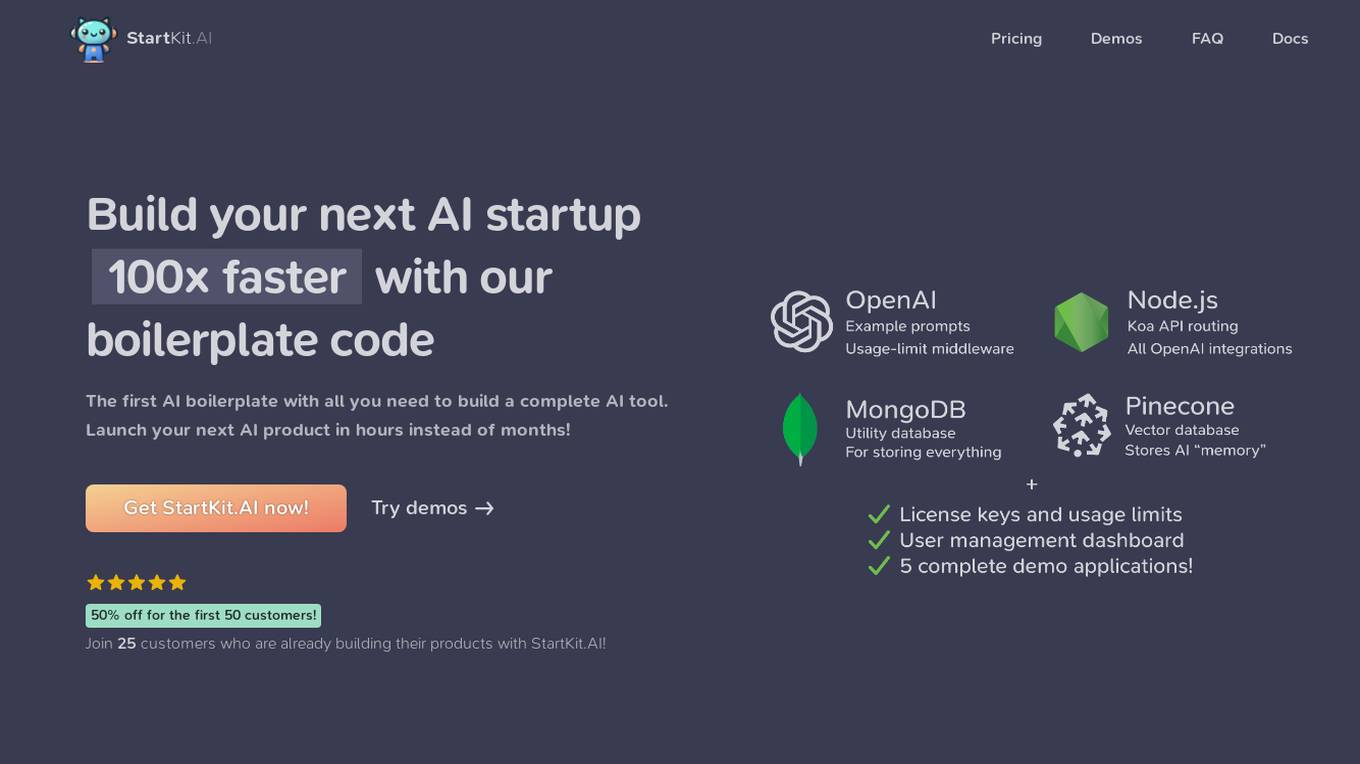
StartKit.AI
StartKit.AI is a boilerplate code for AI products that helps users build their AI startups 100x faster. It includes pre-built REST API routes for all common AI functionality, a pre-configured Pinecone for text embeddings and Retrieval-Augmented Generation (RAG) for chat endpoints, and five React demo apps to help users get started quickly. StartKit.AI also provides a license key and magic link authentication, user & API limit management, and full documentation for all its code. Additionally, users get access to guides to help them get set up and one year of updates.
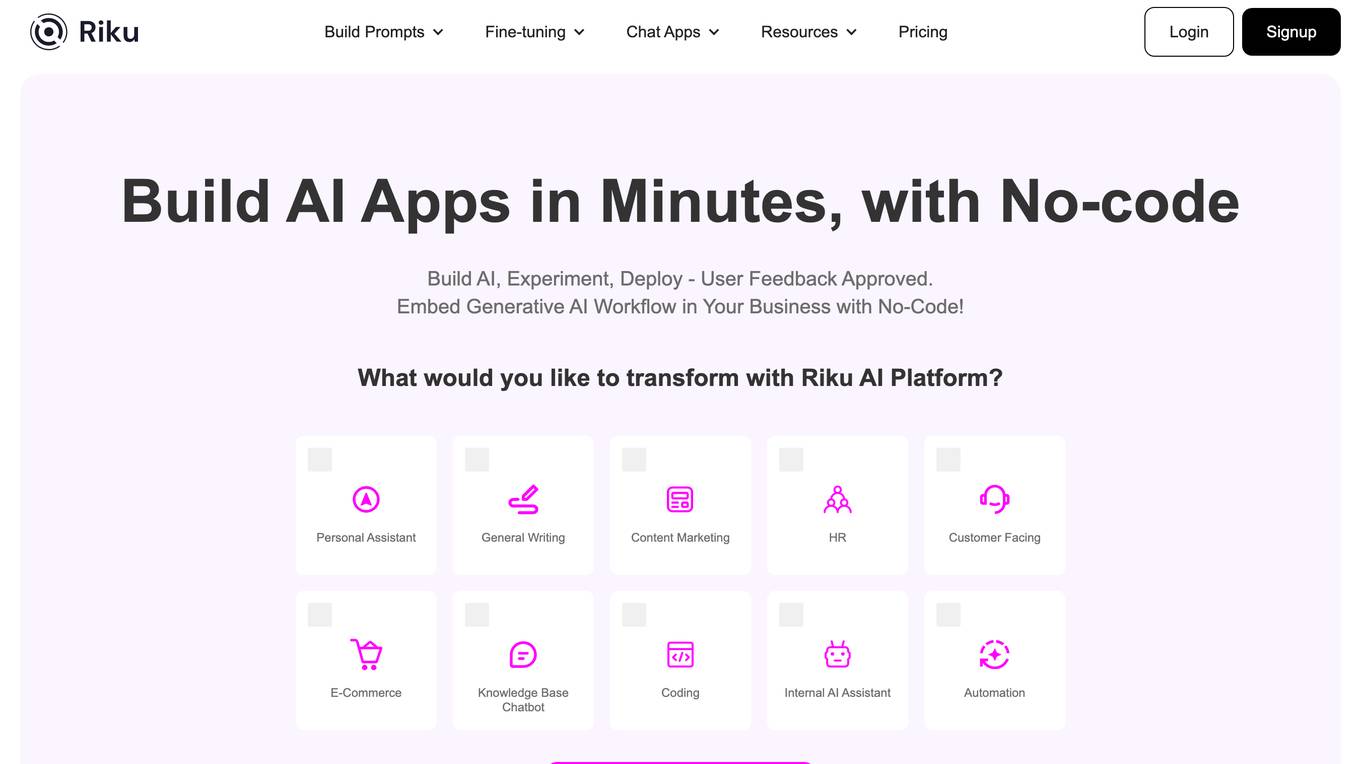
Riku
Riku is a no-code platform that allows users to build and deploy powerful generative AI for their business. With access to over 40 industry-leading LLMs, users can easily test different prompts to find just the right one for their needs. Riku's platform also allows users to connect siloed data sources and systems together to feed into powerful AI applications. This makes it easy for businesses to automate repetitive tasks, test ideas rapidly, and get answers in real-time.
0 - Open Source AI Tools
20 - OpenAI Gpts
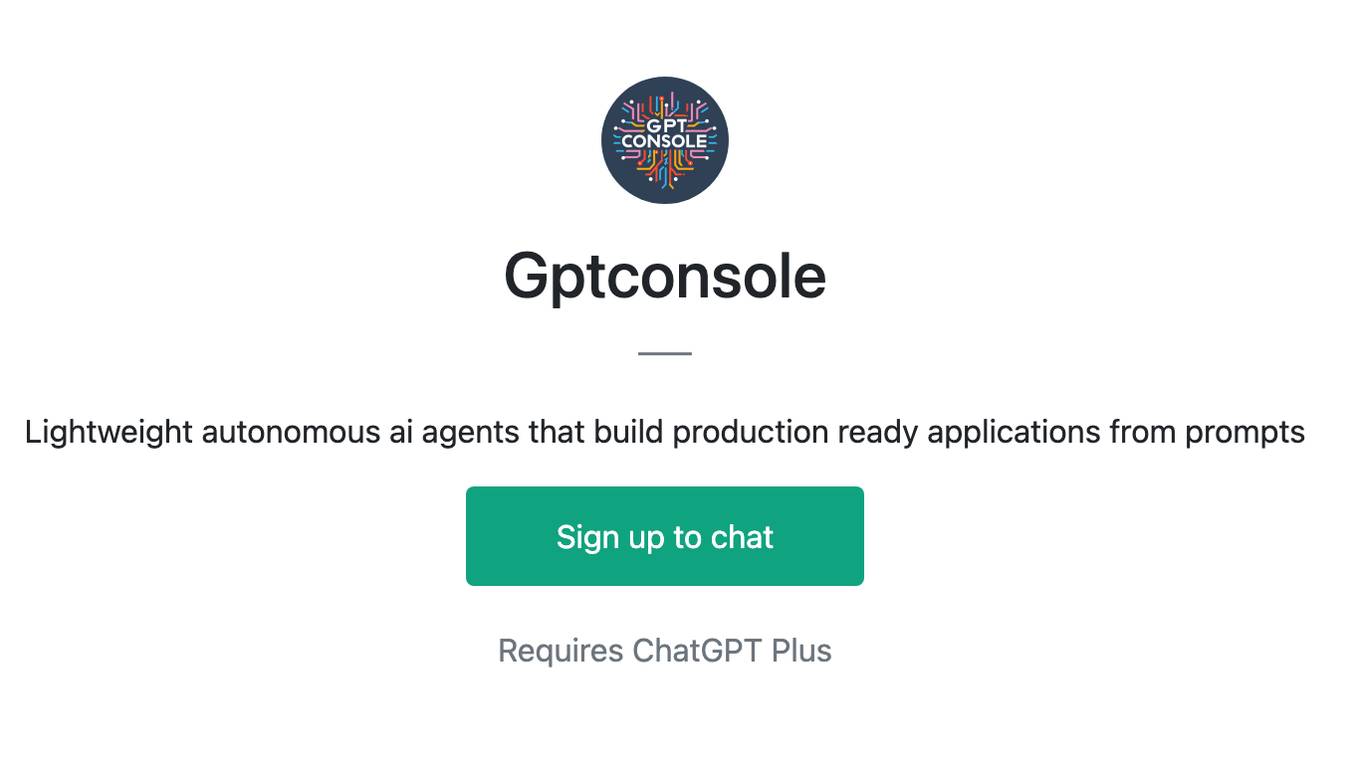
Gptconsole
Lightweight autonomous ai agents that build production ready applications from prompts
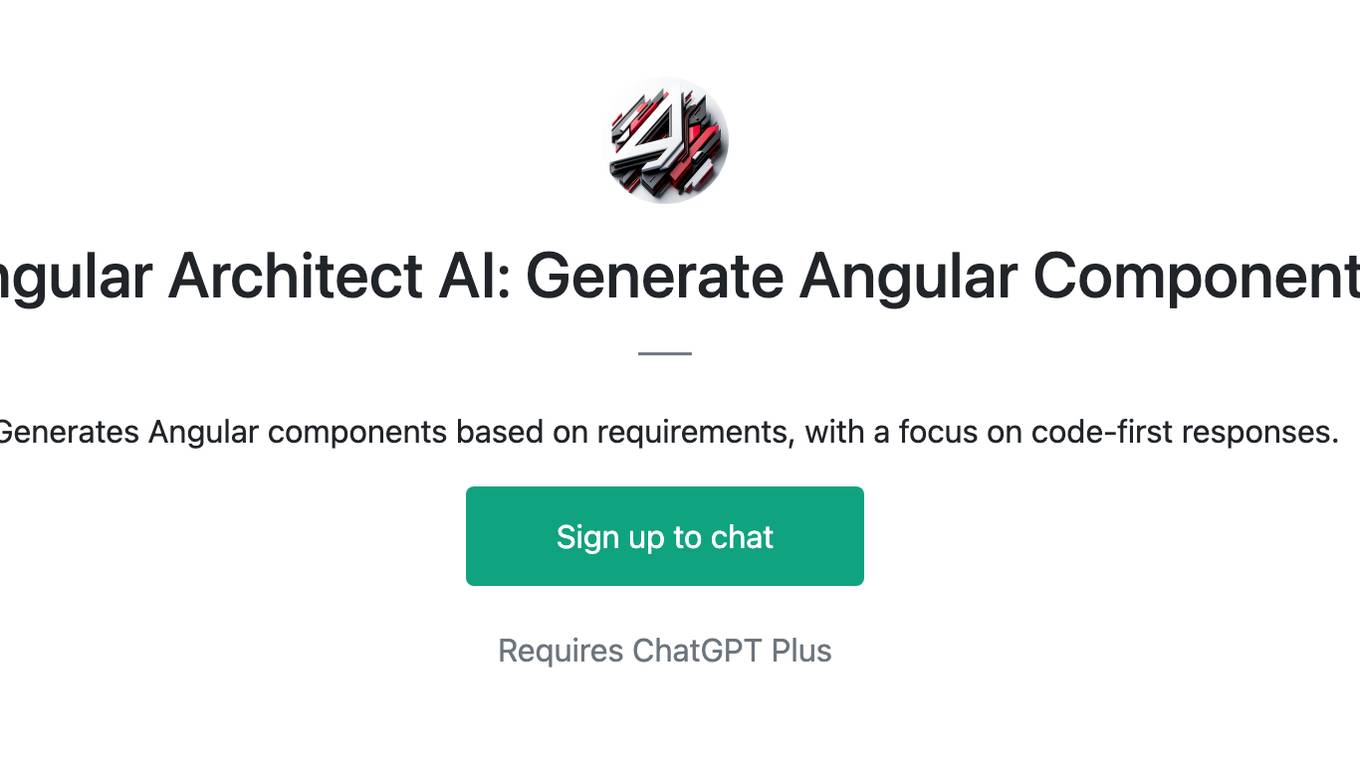
Angular Architect AI: Generate Angular Components
Generates Angular components based on requirements, with a focus on code-first responses.
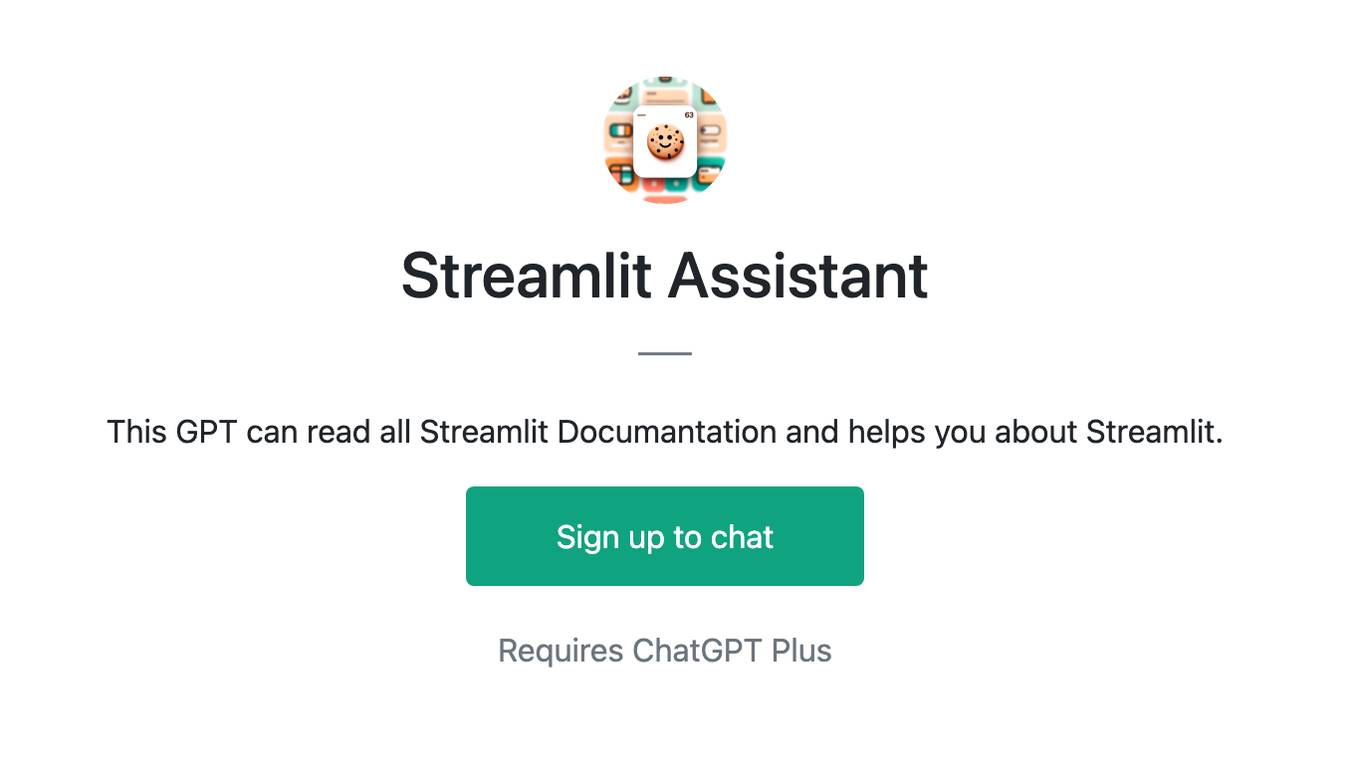
Streamlit Assistant
This GPT can read all Streamlit Documantation and helps you about Streamlit.
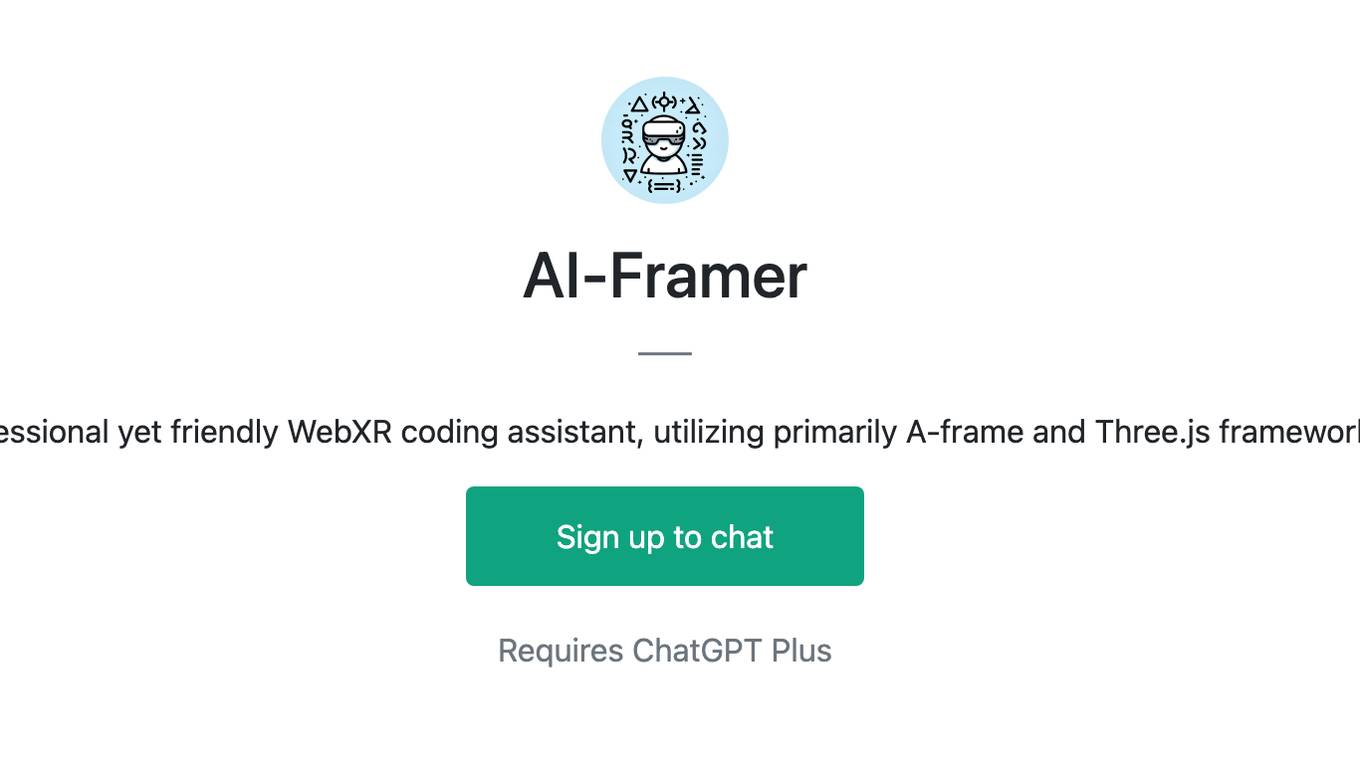
AI-Framer
Professional yet friendly WebXR coding assistant, utilizing primarily A-frame and Three.js frameworks.
